Κείμενο
Χαίρετε, ονομάζομαι Στέλιος Πανταζής, είμαι γιατρός, είμαι εξειδικευμένος στην ιατρική διατροφολογία και στις διαταραχές του μεταβολισμού και σήμερα θα ήθελα να σας παρουσιάσω την ιδανική διατροφή για τα άτομα που θέλουν να προστατευτούν από τις πέτρες στην χοληδόχο κύστη. Η χοληδόχος κύστη είναι ένα μικρό όργανο που βρίσκεται κάτω από το συκώτι και ο ρόλος του είναι να αποθηκεύει τη χολή πού παράγει το συκώτι και να την απελευθερώνει όταν είναι αναγκαία για την πέψη. Ένα από τα συχνότερα προβλήματα που μπορεί να εμφανιστούν στη χοληδόχο κύστη είναι οι πέτρες, οι χολόλιθοι. Το καλό είναι ότι η σωστή διατροφή μπορεί να μειώσει σημαντικά την πιθανότητα να εμφανιστούν πέτρες στη χοληδόχο κύστη. Αυτό είναι πολύ χρήσιμο αν κάποιος ξέρει ότι έχει αυξημένη πιθανότητα να εμφανίσει χολόλιθους έτσι ώστε να εφαρμόσει αλλαγές στη διατροφή του για να μειώσει την πιθανότητα να έχει πρόβλημα. Η πιθανότητα να εμφανίσει κάποιος πέτρες στη χολή αυξάνεται: Όταν είναι άνω των 40 Όταν είναι γυναίκα Όταν έχει αυξημένο βάρος Στην εγκυμοσύνη Όταν κάνει καθιστική ζωή Όταν τρώει πολλά λιπαρά και πολλή χοληστερίνη Όταν τρώει λίγες φυτικές ίνες Αν έχει συγγενή με το ίδιο πρόβλημα Όταν έχει διαβήτη ή προδιάθεση για διαβήτη Αν χάσει απότομα κιλά, για παράδειγμα από χημικές δίαιτες Όταν λαμβάνει αντισυλληπτικά ή άλλα ορμονικά φάρμακα Σε αυτές τις περιπτώσεις, η πιθανότητα να εμφανίσει κάποιος πέτρες στη χολή είναι πολύ μεγαλύτερη, και όσο συσσωρεύονται οι παράγοντες, τόσο αυξάνει η πιθανότητα να εμφανίσει κάποιος το πρόβλημα. Άρα, αν ισχύει για εσας ένα ή περισσότερα από αυτά που είπα, τότε η διατροφή που μειώνει την πιθανότητα να εμφανιστούν πέτρες σας ενδιαφέρει πολύ. Το σημαντικότερο πράγμα που μπορείτε να κάνετε για να προστατευτείτε από την πιθανότητα να εμφανίστούν χολόλιθοι είναι να αυξήσετε την κατανάλωση φυτικών ινών. Οι φυτικές ίνες όπως λέει και το όνομα τους βρίσκονται στις φυτικές τροφές, αλλά δεν βρίσκονται σε όλες τις φυτικές τροφές την ίδια ποσότητα. Για

παράδειγμα, τα όσπρια έχουν πάρα πολλές φυτικές ίνες, αλλά τα μεγάλα φρούτα, όπως το καρπούζι και το πεπόνι, έχουν πολύ λιγότερες. Άρα λοιπόν είναι σημαντικό να αυξήσετε στη διατροφή σας την πρόσληψη φυτικών ινών, κυρίως αυξάνοντας τα όσπρια και τα λαδερά. Τα δημητριακά ολικής αλέσεως μπορεί επίσης να είναι πλούσια σε φυτικές ίνες, ειδικά αν είναι πραγματικά ολικής αλέσεως. Αξίζει να δείτε το βίντεο που έχω δημοσιεύσει στο παρελθόν που εξηγώ πως μπορείτε να καταλάβετε αν ένα προϊόν είναι ολικής αλέσεως ή όχι. Μετά τα όσπρια και τα δημητριακά ολικής αλέσεως, πολύ πλούσια σε φυτικές ίνες είναι τα λαχανικά, ειδικά τα φυλλώδη λαχανικά, δηλαδή τα λαχανικά που έχουν φύλλα, όπως το μαρούλι, το λάχανο, το σπανάκι, η ρόκα, τα χόρτα και τα λοιπά. Τα φυλλώδη λαχανικά έχουν και το σημαντικό επιπρόσθετο ότι περιέχουν πολλές αντιοξειδωτικές και αντικαρκινικές ουσίες που προσφέρουν παραπάνω προστασία στον οργανισμό. Τα φρούτα επίσης περιέχουν φυτικές ίνες, αλλά τα πιο χρήσιμα, δηλαδή αυτά που περιέχουν τις περισσότερες φυτικές ίνες είναι τα φρούτα που είναι μικρά σε μέγεθος, δηλαδή μικρότερα σε μέγεθος από το πορτοκάλι. Όπως είπα και στους παράγοντες που προδιαθέτουν για αυξημένη πιθανότητα εμφάνισης πέτρες στη χολή, μία διατροφή που είναι πλούσια σε λιπαρά και χοληστερίνη αυξάνει την πιθανότητα να εμφανιστούν πέτρες. σε αυτή την περίπτωση, σίγουρα τα καλά λιπαρά, όπως το ελαιόλαδο, πρέπει οπωσδήποτε να υπάρχει στη διατροφή μας σε κανονικές ποσότητες, δηλαδή χωρίς ακρότητες, αλλά θα πρέπει να προσπαθήσουμε πολύ να μειώσουμε την κατανάλωση λιπαρών και χοληστερίνης που υπάρχει στα ζωικά προϊόντα, και κυρίως το κρέας. Το χειρότερο πράγμα που μπορούμε να φάμε σε αυτή την περίπτωση είναι τα επεξεργασμένα κρεατικά, όπως τα λουκάνικα, το ζαμπόν και η βραστή γαλοπούλα και όλα τα τυριά. Αυτές οι τροφές είναι ότι χειρότερο για όποιον βρίσκεται σε αυξημένο κίνδυνο εμφάνισης χολόλιθων, γιατί δεν περιέχουν καθόλου φυτικές ίνες, ενώ από την άλλη είναι πάρα πολύ πλούσιες σε χοληστερίνη και

λιπαρά. Τα λιπαρά που μπορούμε να καταναλώσουμε μέσα στη μέρα θα πρέπει να έρχονται σχεδόν αποκλειστικά από ελαιόλαδο και ωμέγα-3. Τα ωμέγα-3 μπορούμε να τα λάβουμε από λιναρόσπορο που μπορούμε να βάλουμε στο πρωινό μας ή στις σαλάτες, αλλά η πιο διάσημη πηγή και η πιο αξιόπιστη είναι το λίπος των ψαριών. Φροντίστε λοιπόν τουλάχιστον μία με δύο φορές την εβδομάδα να καταναλώνετε μικρά λιπαρά ψάρια, όπως σαρδέλα, γαύρο, σκουμπρί, κολιό, σαφρίδια και τα λοιπά για να εξασφαλίζεται πολύ υψηλής ποιότητας ζωική πρωτεΐνη στη διατροφή σας μαζί με τα εξαιρετικά ωφέλιμα ωμέγα-3 που έχετε ανάγκη. Κάτι που επίσης μειώνει την πιθανότητα εμφάνισης χολόλιθων είναι ο καφές. Φαίνεται ότι υπάρχουν κάποιες ουσίες μέσα στον καφέ οι οποίες βοηθούν τη χοληδόχο κύστη να λειτουργήσει καλύτερα. Άρα, ο καφές βοηθάει και το συκώτι και την καλύτερη λειτουργία της χοληδόχου κύστης. Περνάμε τώρα σε κάποιες βιταμίνες και ιχνοστοιχεία που βοηθούν στην καλύτερη λειτουργία της χολής και η επάρκεια τους μειώνει την πιθανότητα να εμφανιστούν χολόλιθοι. Πρώτα το ασβέστιο. Το ασβέστιο φαίνεται ότι βοηθάει για να λειτουργεί καλύτερα η χοληδόχος κύστη. Οι πιο διάσημες τροφές που είναι πλούσιες σε ασβέστιο είναι τα γαλακτοκομικά, τα οποία αν επιλέξετε να καταναλώσετε, σε σχέση με την υγεία της χοληδόχου κύστης καλό είναι να είναι με χαμηλά λιπαρά. Από την άλλη, μπορείτε να βρείτε πολλές φυτικές τροφές που είναι πάρα πολύ πλούσιες σε ασβέστιο και δεν περιέχουν καθόλου ζωικά λιπαρά, ενώ ταυτόχρονα είναι πολύ πλούσιες σε φυτικές ίνες, που βοηθούν τη λειτουργία της χοληδόχου κύστης ακόμα περισσότερο. Έχω δημοσιεύσει στο παρελθόν ένα ολόκληρο βίντεο σχετικά με τις φυτικές τροφές που είναι πλούσιες σε ασβέστιο όπως τα πράσινα φυλλώδη λαχανικά, το μπρόκολο και το πορτοκάλι, αλλά σας συστήνω να δείτε το βίντεο που έχω κάνει για να δείτε και τις υπόλοιπες. Επίσης, η βιταμίνη C είναι εξαιρετικά σημαντική Για τη σωστή λειτουργία της χοληδόχου κύστης και καλό είναι να περιλάβετε στη διατροφής αρκετές τροφές που

είναι πλούσιες σε βιταμίνη C, όπως τα πορτοκάλια, οι πιπεριές, τα ακτινίδια, οι φράουλες, οι ντομάτες και το μπρόκολο. Εκτός από το ασβέστιο, και το μαγνήσιο, που είναι συμπληρωματικό του ασβεστίου, είναι εξαιρετικά σημαντικό για τη σωστή λειτουργία της χοληδόχου κύστης. Τροφές πλούσιες σε μαγνήσιο είναι τα πράσινα φυλλώδη λαχανικά, τα πράσινα λαχανικά γενικά και σχεδόν όλες οι φυτικές τροφές σε ένα βαθμό. Αν θέλετε να μάθετε περισσότερα για τις τροφές που περιέχουν μαγνήσιο, σας προτείνω να δείτε το πολύ δημοφιλές βίντεο που έχω αναρτήσει στο παρελθόν σχετικά. Τέλος, το φυλλικό οξύ, η βιταμίνη που όπως αποκαλύπτει το όνομα της υπάρχει σε αφθονία στα φυλλώδη λαχανικά, αλλά και σε άλλα λαχανικά είναι εξαιρετικά σημαντικό για τη σωστή λειτουργία της χοληδόχου κύστης. Αν όλα αυτά σας μπέρδεψαν, θα παραθέσω μία λίστα με τροφές που πρέπει να κυνηγάτε εάν θέλετε να προστατευτείτε από τις πέτρες στη χοληδόχο κύστη. Αυτές οι τροφές είναι οι εξής: Πιπεριές, ειδικά οι πράσινες Εσπεριδοειδή, όπως λεμόνια και πορτοκάλια Πράσινα φυλλώδη λαχανικά Ντομάτες Σαρδέλες, γαύρος, κολιός, σαφρίδια και όλα τα αφρόψαρα Γιαούρτι Φασόλια, φακές, ρεβίθια, φάβα και όλα τα όσπρια Ξηροί καρποι Τόφου και άλλα παραδοσιακά προϊόντα σόγιας Φυσικά, όσο και να τρώτε από αυτές τις τόσο υγιεινές τροφές, πότε δεν θα καταφέρετε να μειώσετε σημαντικά την πιθανότητα να εμφανίσετε πέτρες στη χολή αν δεν ρυθμίσετε το βάρος σας. Όπως είπα στην αρχή, το αυξημένο βάρος είναι ένας από τους σημαντικότερους παράγοντες κινδύνου για εμφάνιση χολόλιθων και ακόμα και η καλύτερη διατροφή δεν θα σας προστατεύσει από αυτούς αν τα κιλά σας είναι πολύ αυξημένα. Πρέπει δηλαδή, να φρόντισετε, εκτός από καλή διατροφή, και το βάρος σας να είναι φυσιολογικό. Η διατροφή που σας περιέγραψα, αφορά άτομα που δεν έχουν πέτρες στη χολή και θέλουν να προστατεύσουν τον εαυτό τους από τον αποκτήσουν ή άτομα που έχουν πέτρες στη χολή και θέλουν να μειώσουν την πιθανότητα να αποκτήσουν περισσότερες. Προφανώς, αυτή η

διατροφή μπορεί να μην είναι κατάλληλη για κάποιον που έχει πόνο από πέτρες στη χοληδόχο κύστη, ή έχει αφαιρέσει τη χοληδόχο κύστη και βρίσκεται σε μετεγχειρητική περίοδο. Σε εκείνη την περίοδο οι οδηγίες διατροφής είναι διαφορετικές. Αν βρήκατε το θέμα ενδιαφέρον, σας παρακαλώ, να πατήσετε το κουμπί μου αρέσει, να το μοιραστείτε με άτομα που θα το βρουν ενδιαφέρον και να εγγραφείτε στο κανάλι για να σας ενημερώνουμε για μελλοντικά θέματα. Επίσης, μπορείτε να χρησιμοποιήσετε τα σχόλια για να ζητήσετε να παρουσιάσουμε ένα θέμα στο μέλλον. Σας ευχαριστώ πολύ.

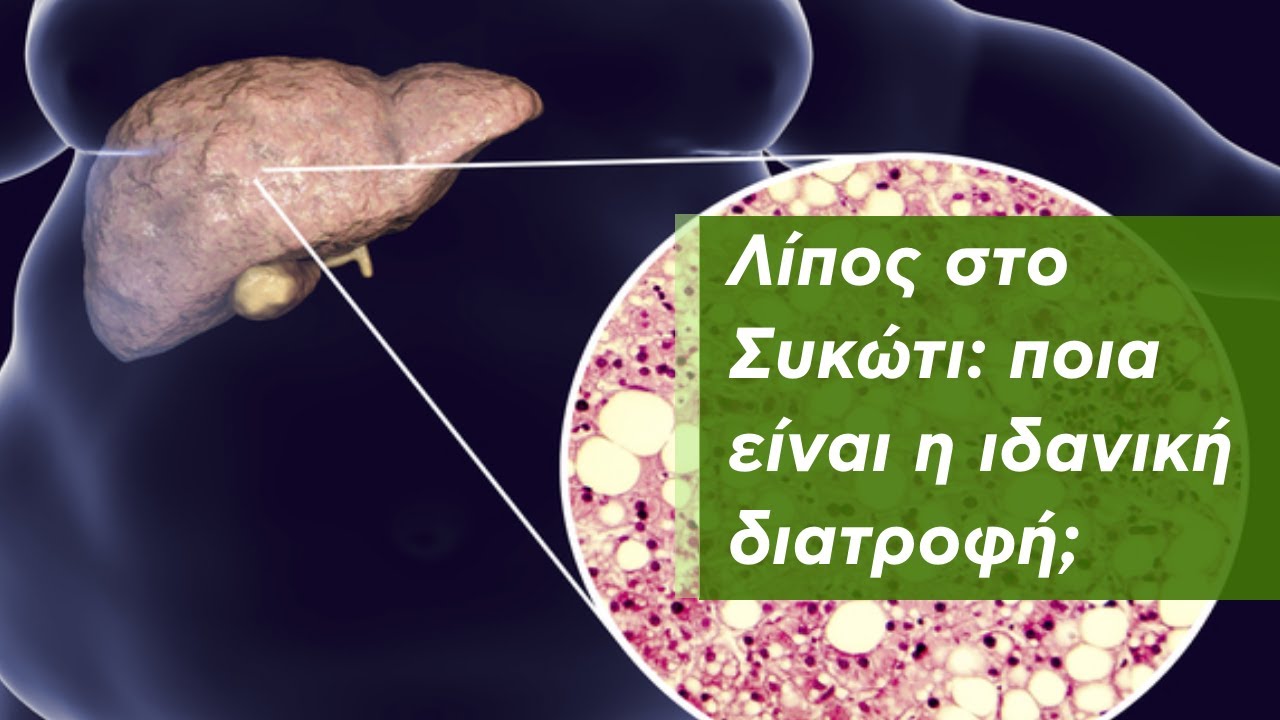
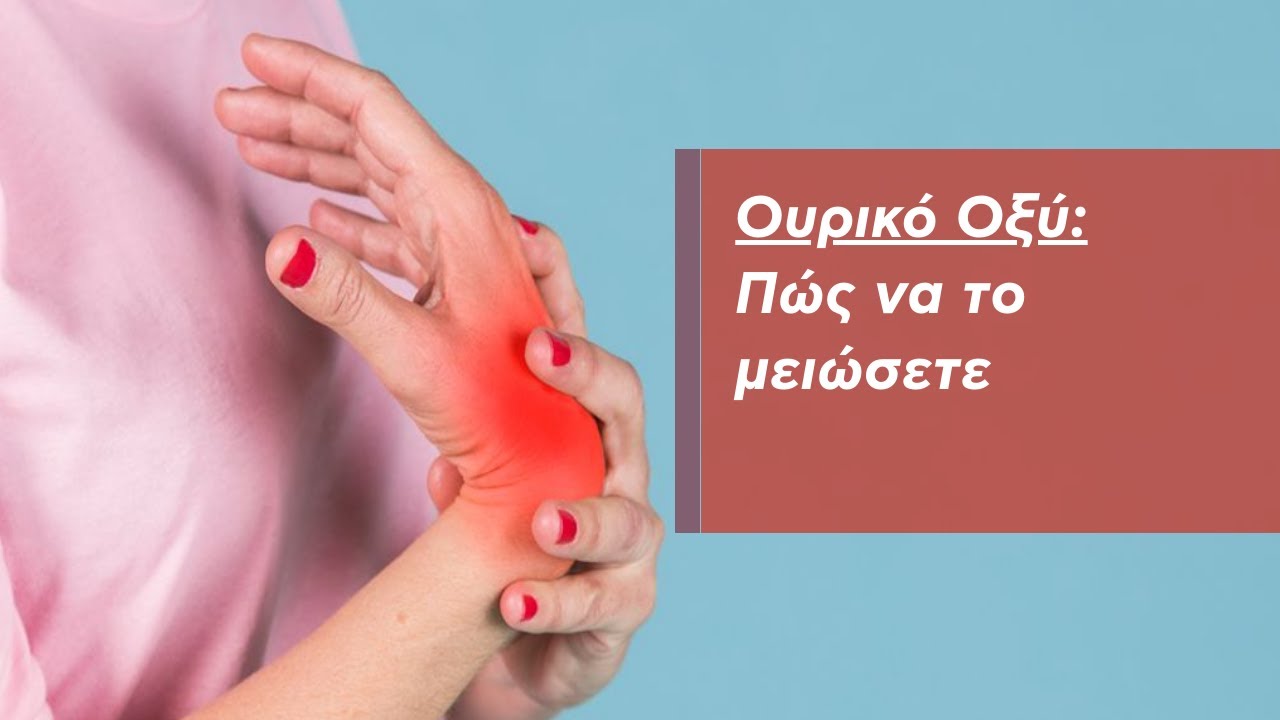
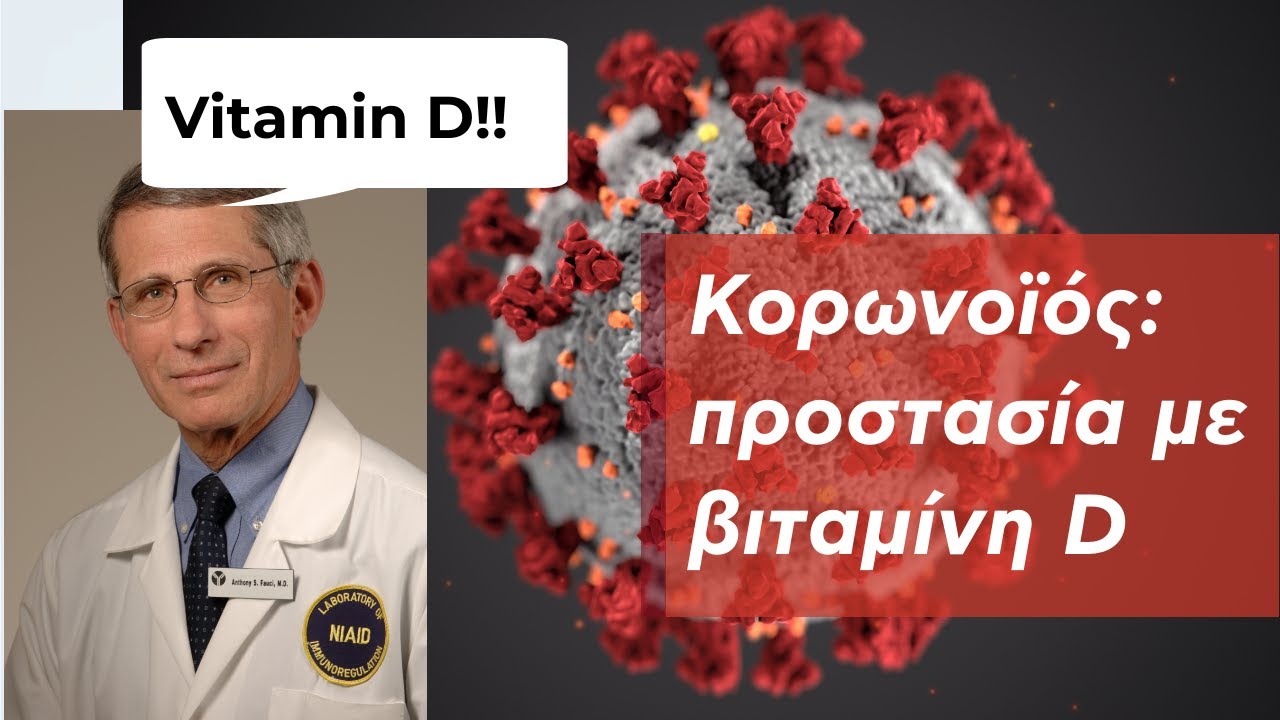
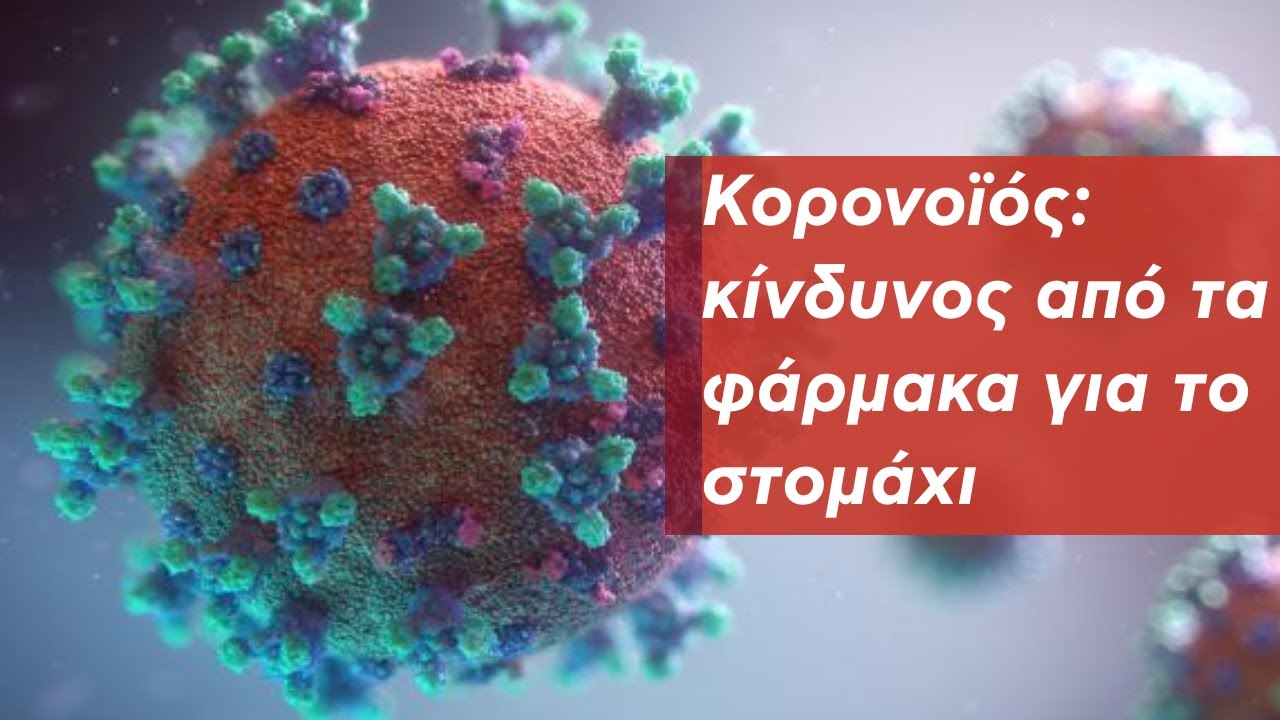
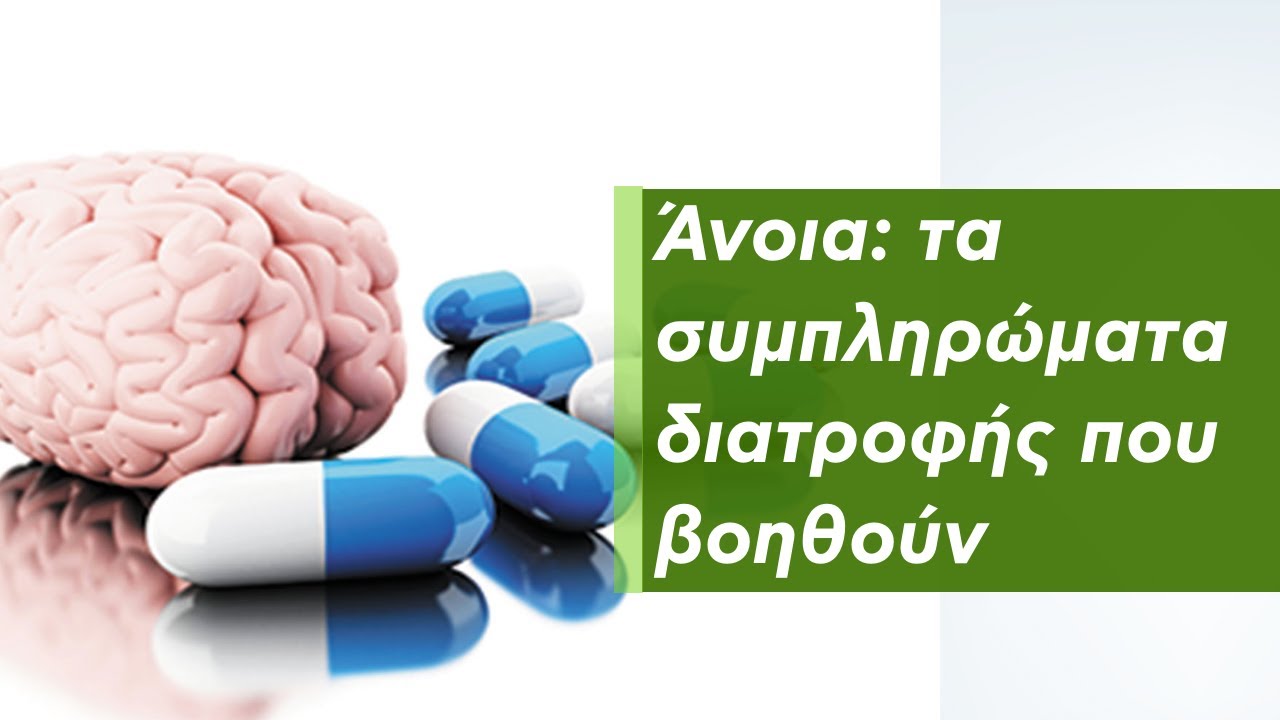
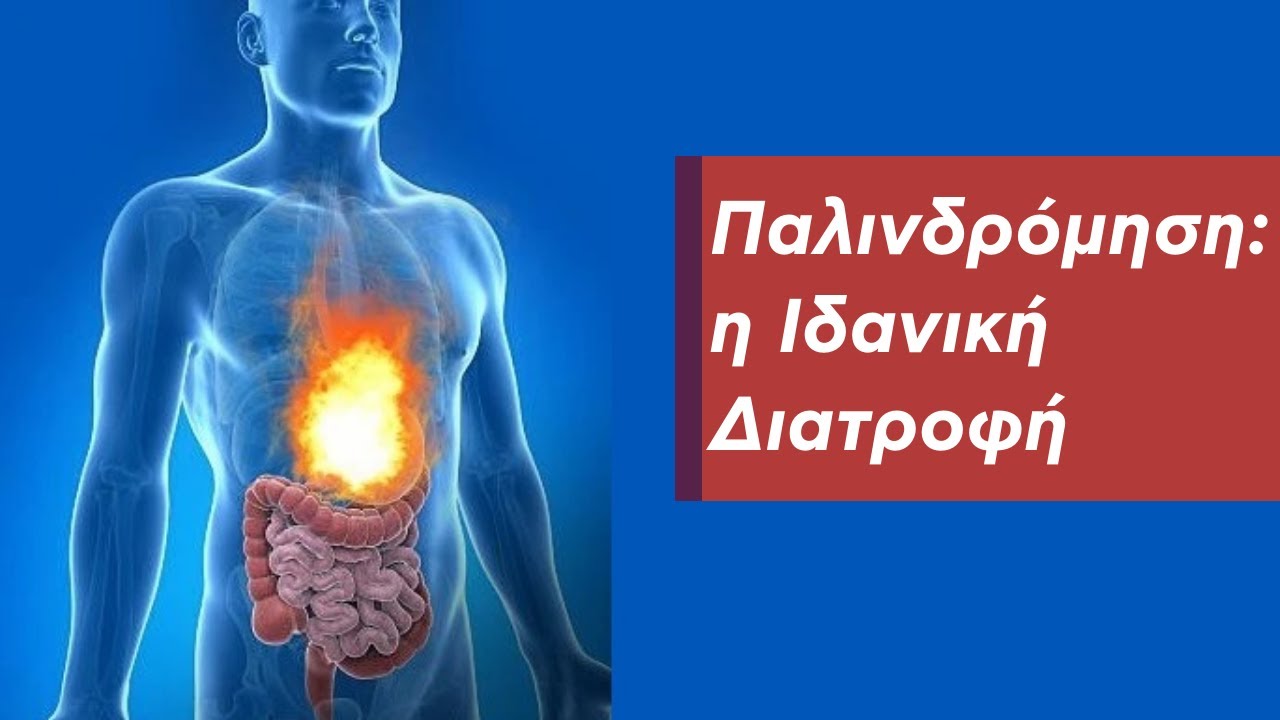
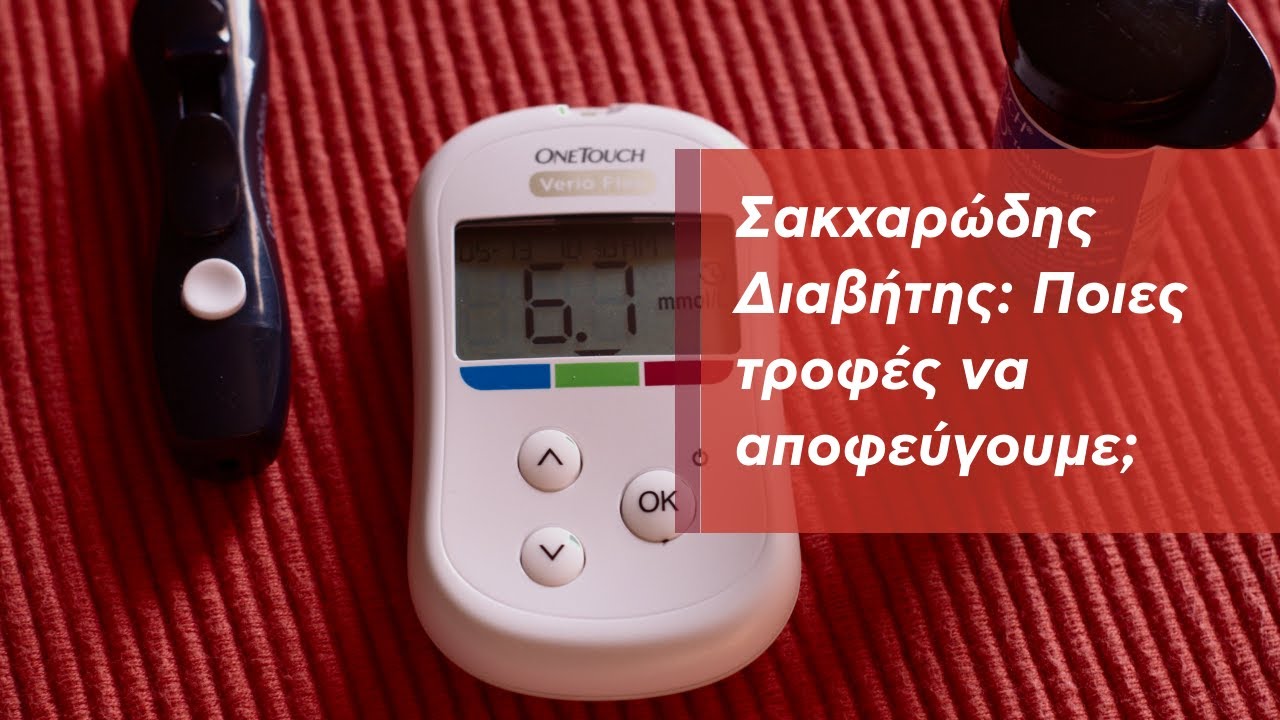
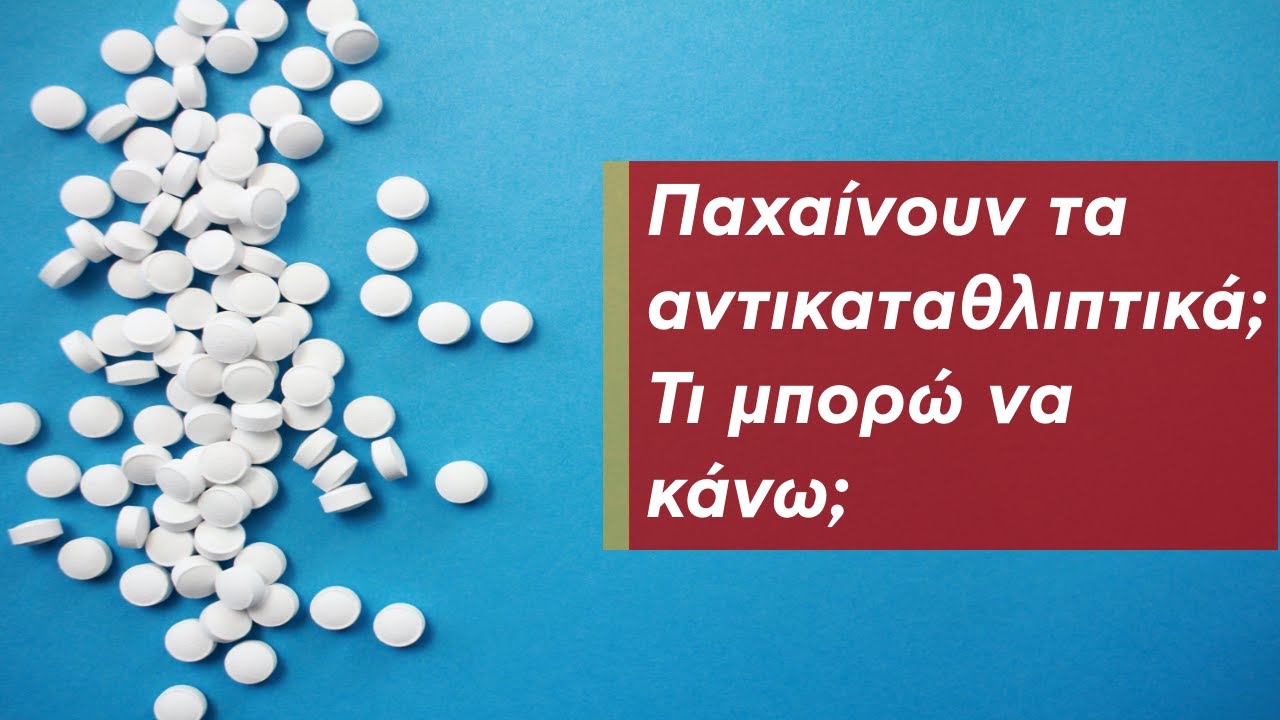
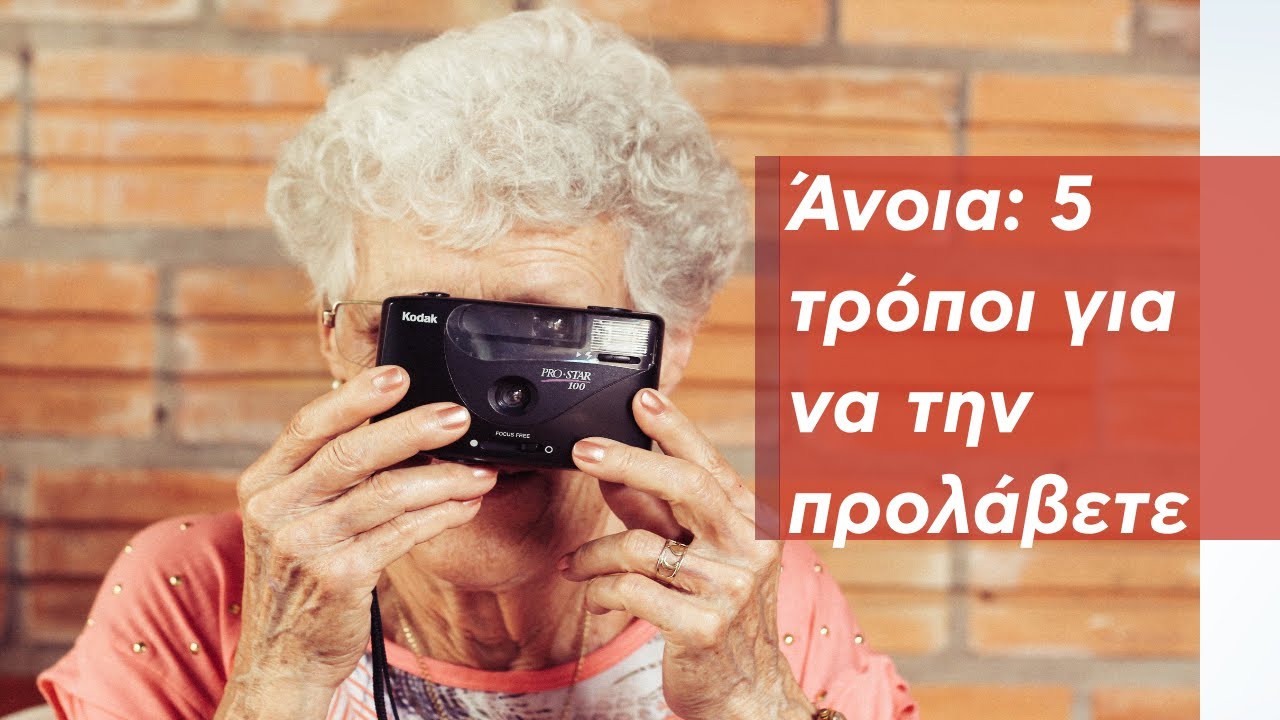
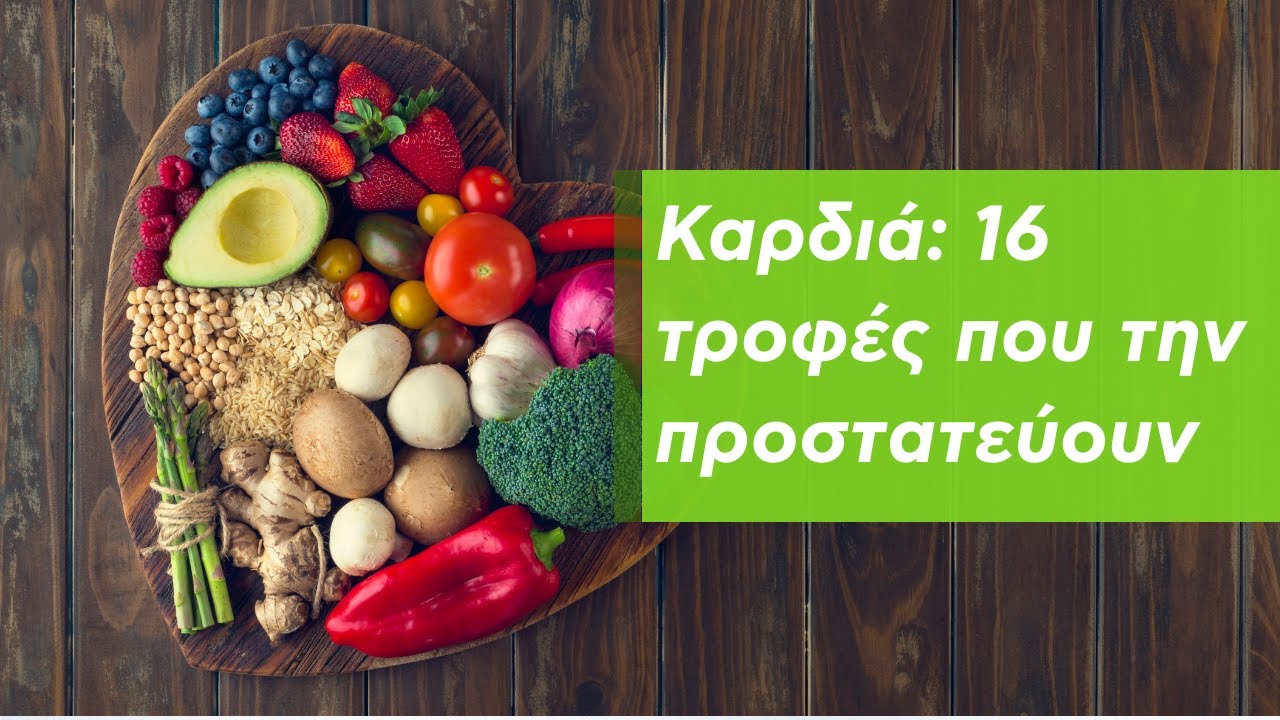
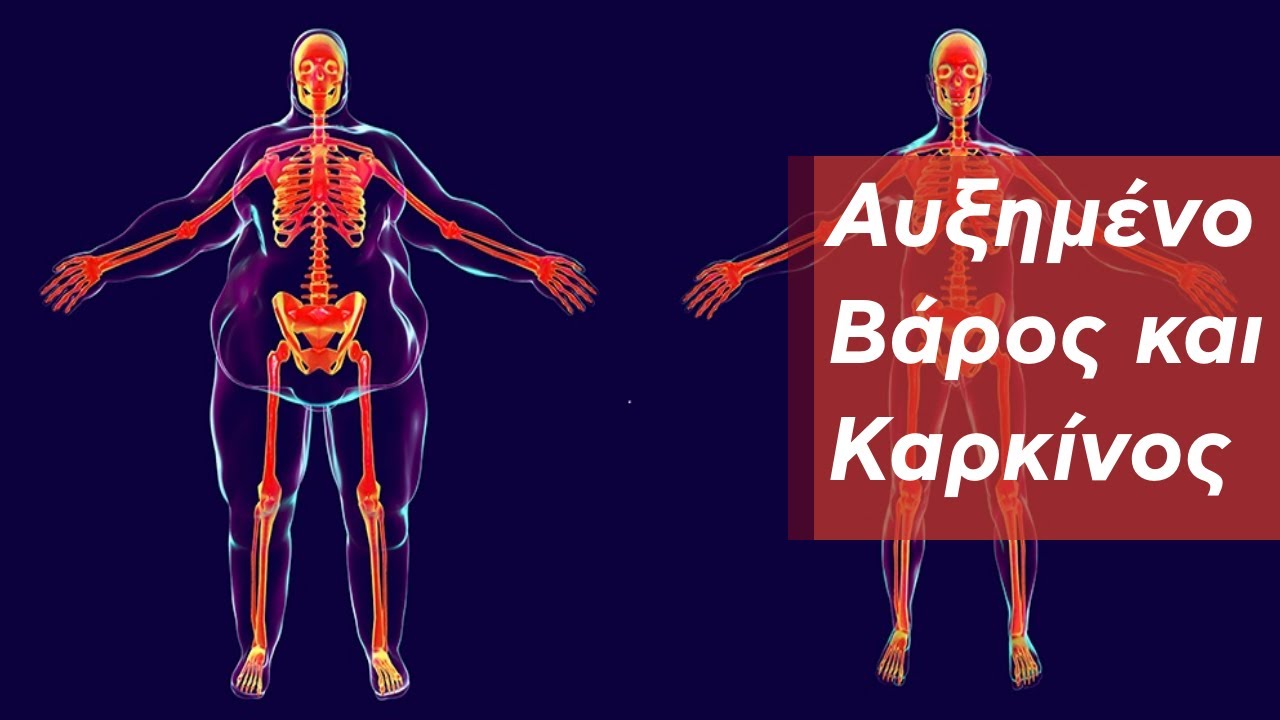
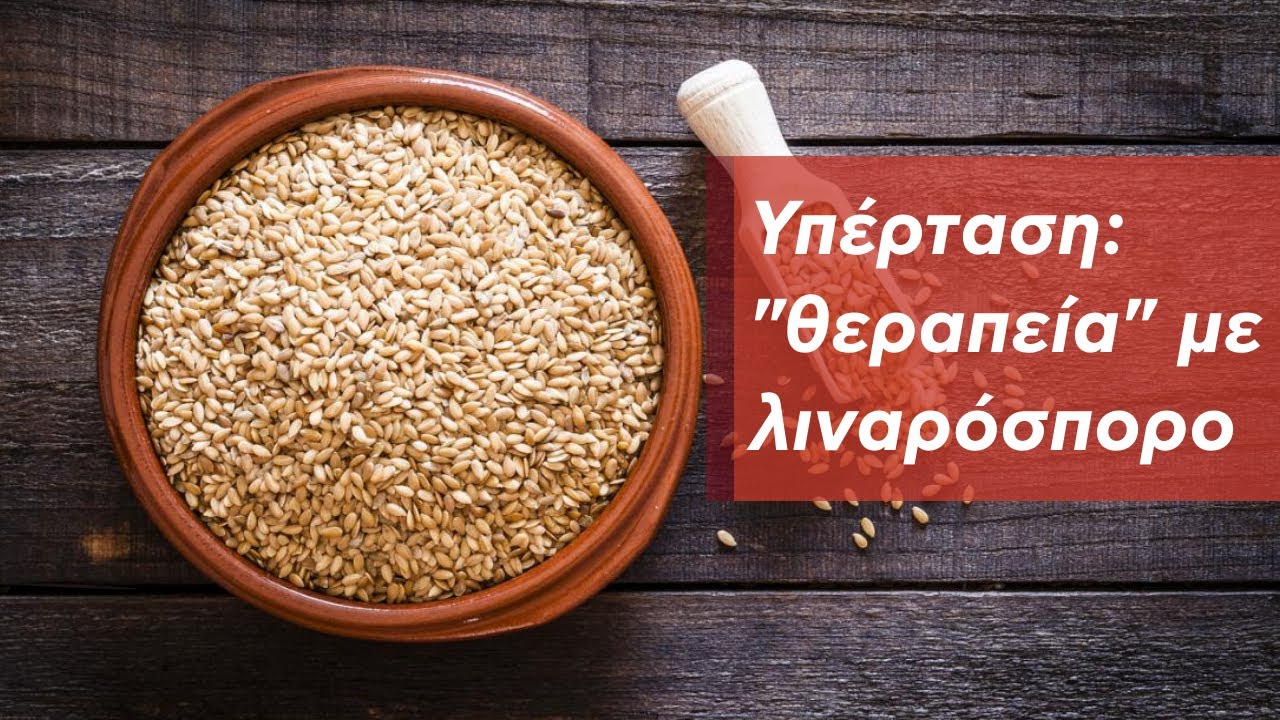
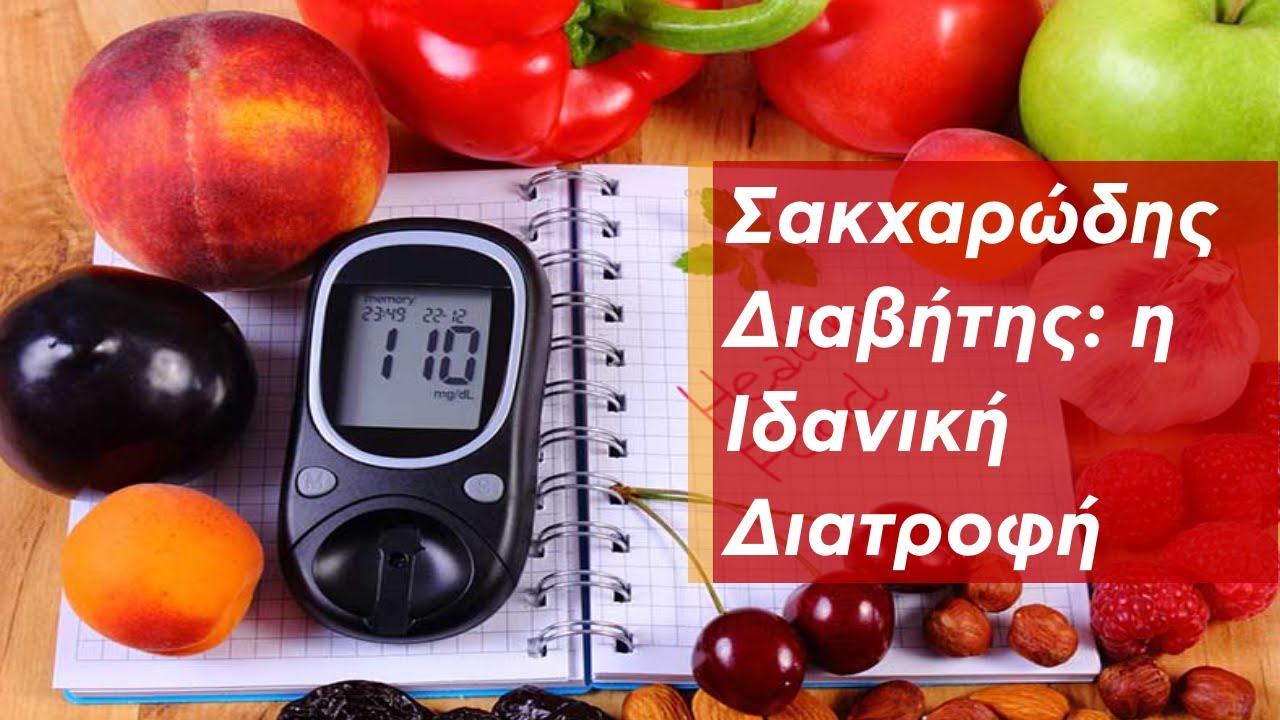
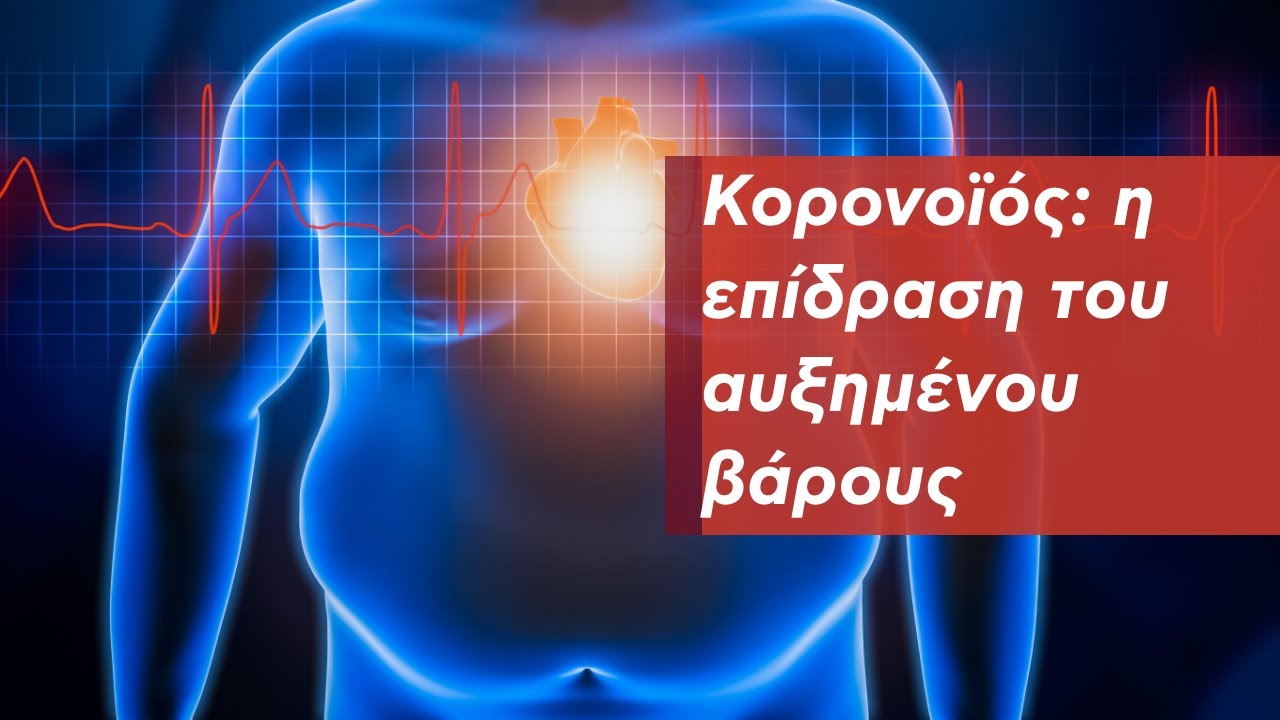
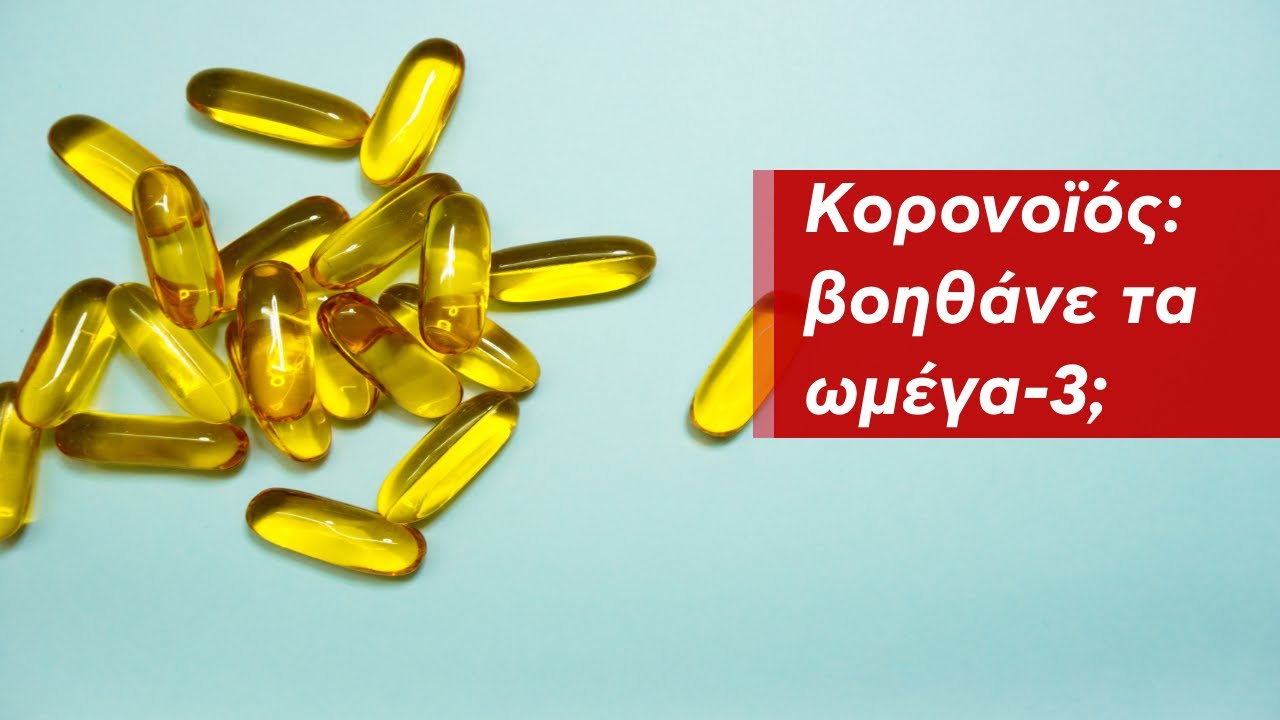
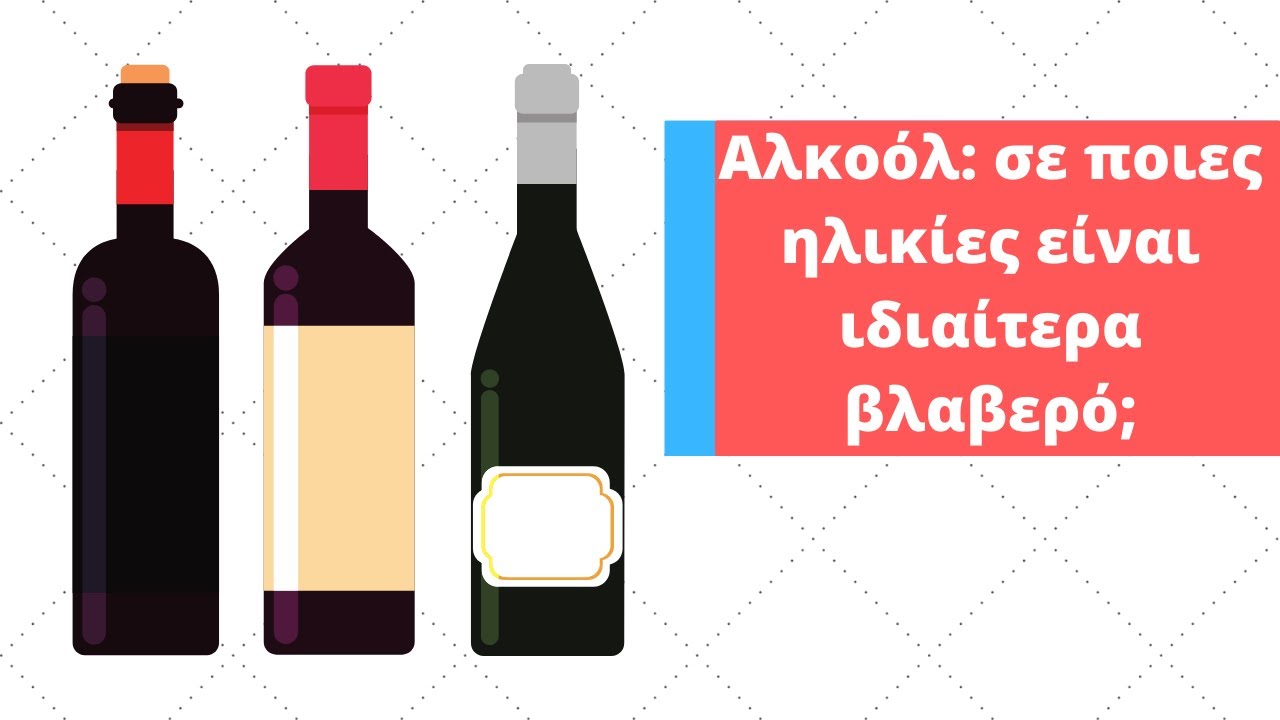
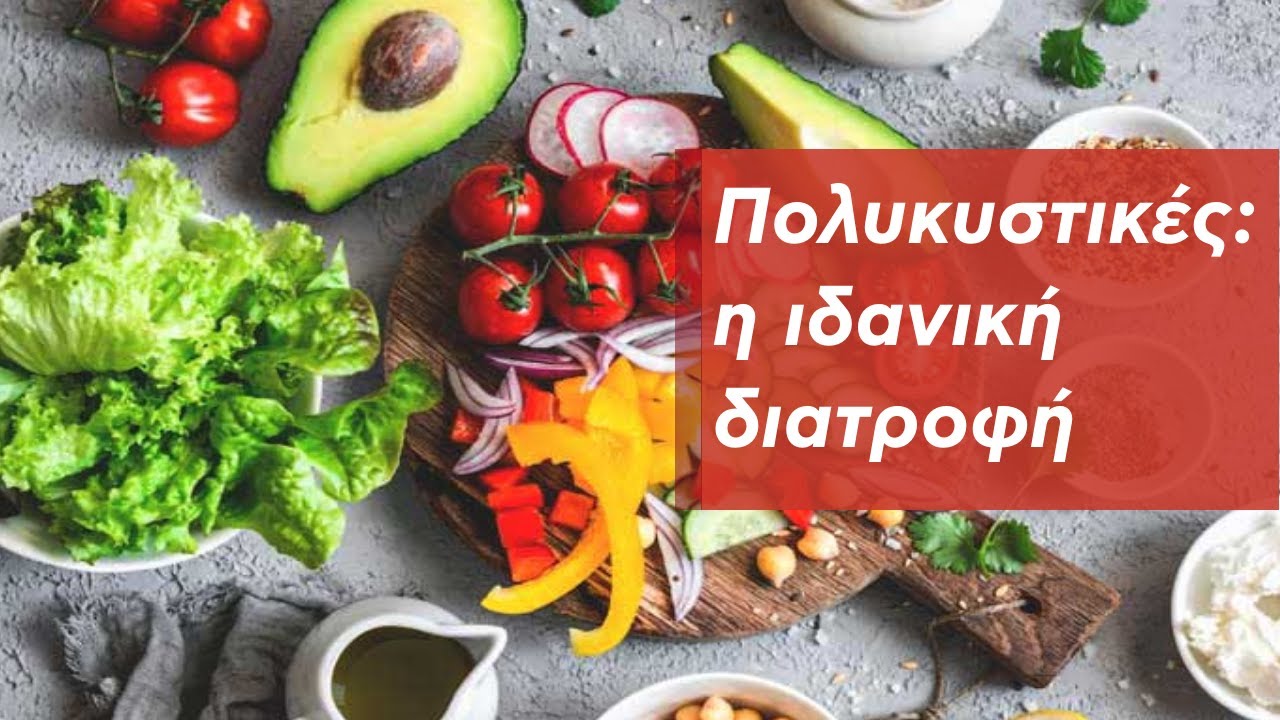
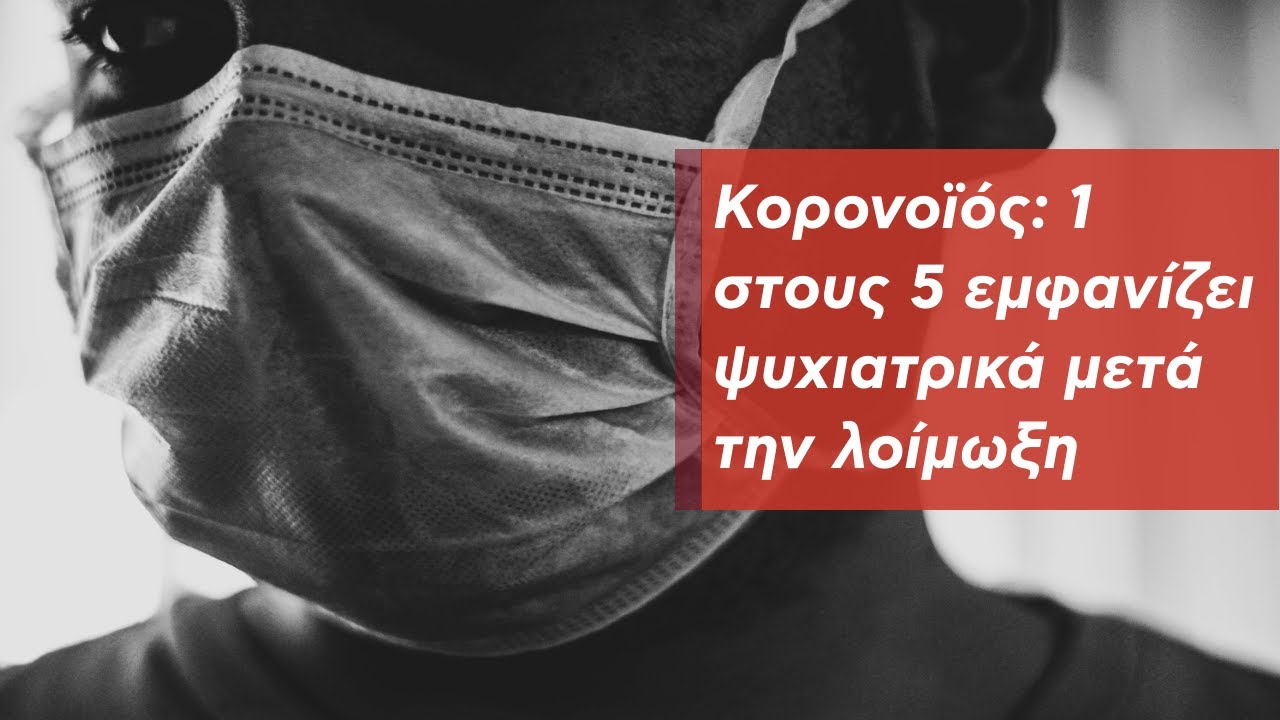
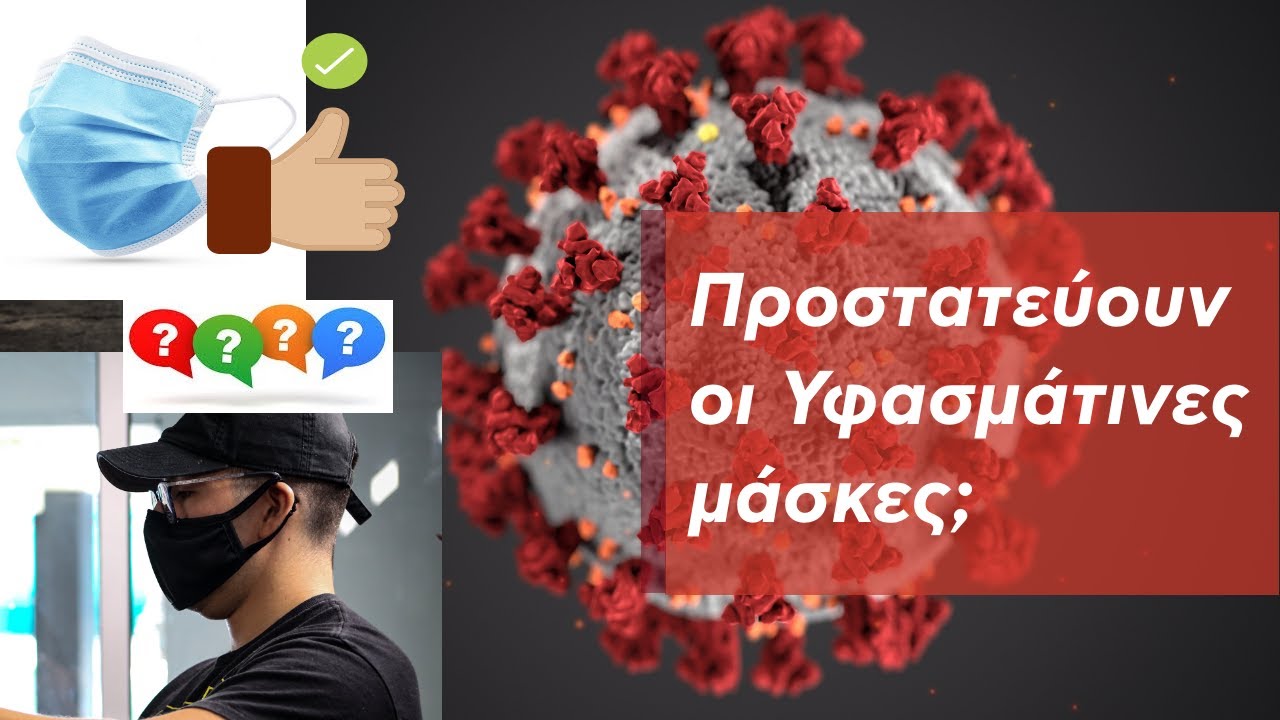
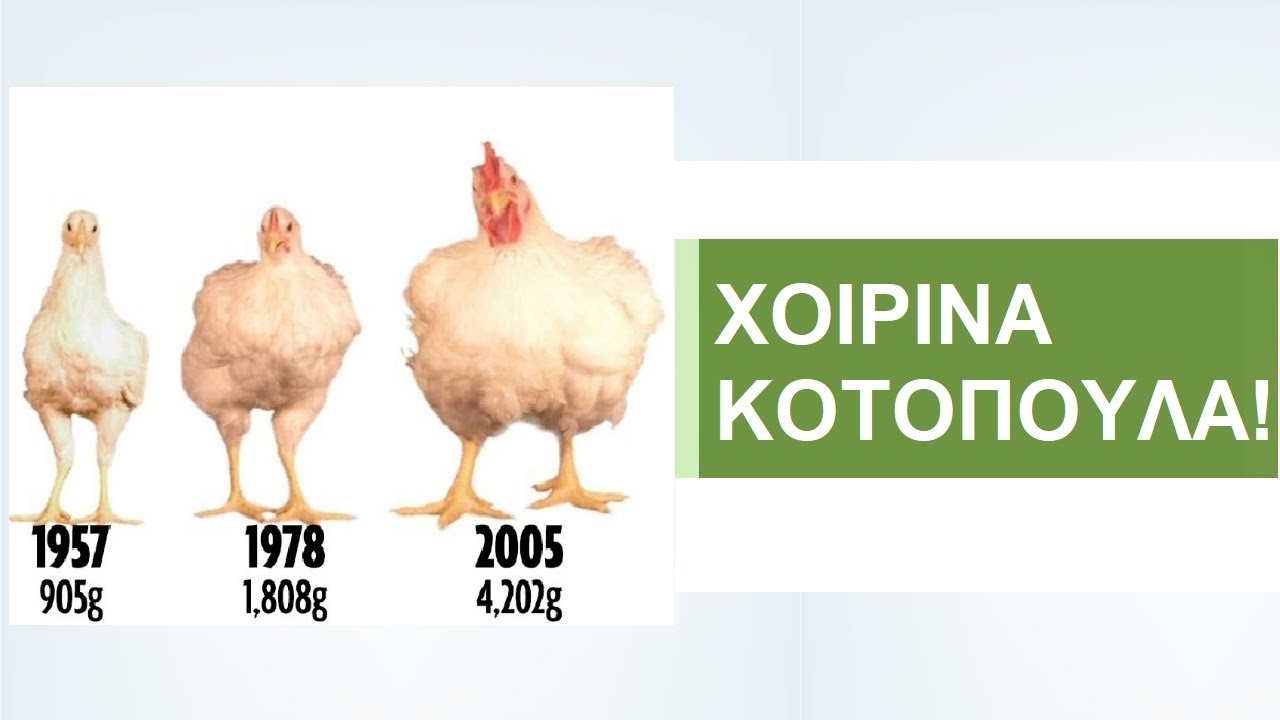
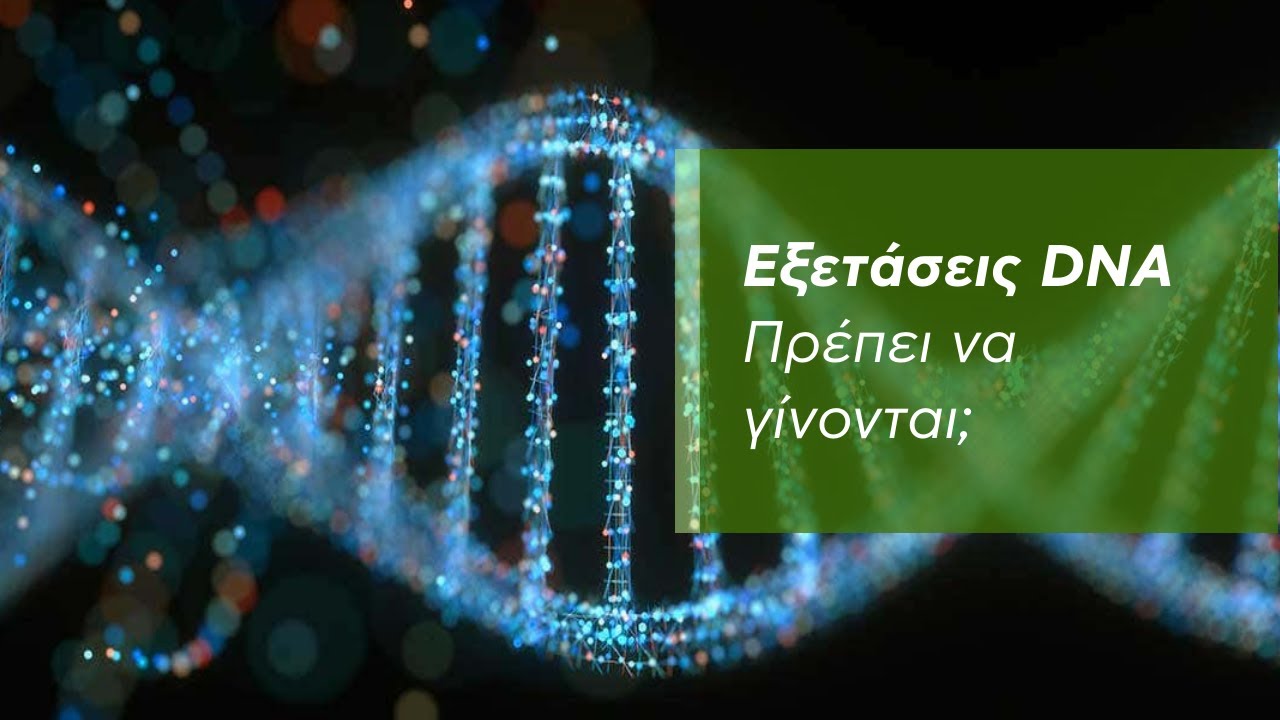
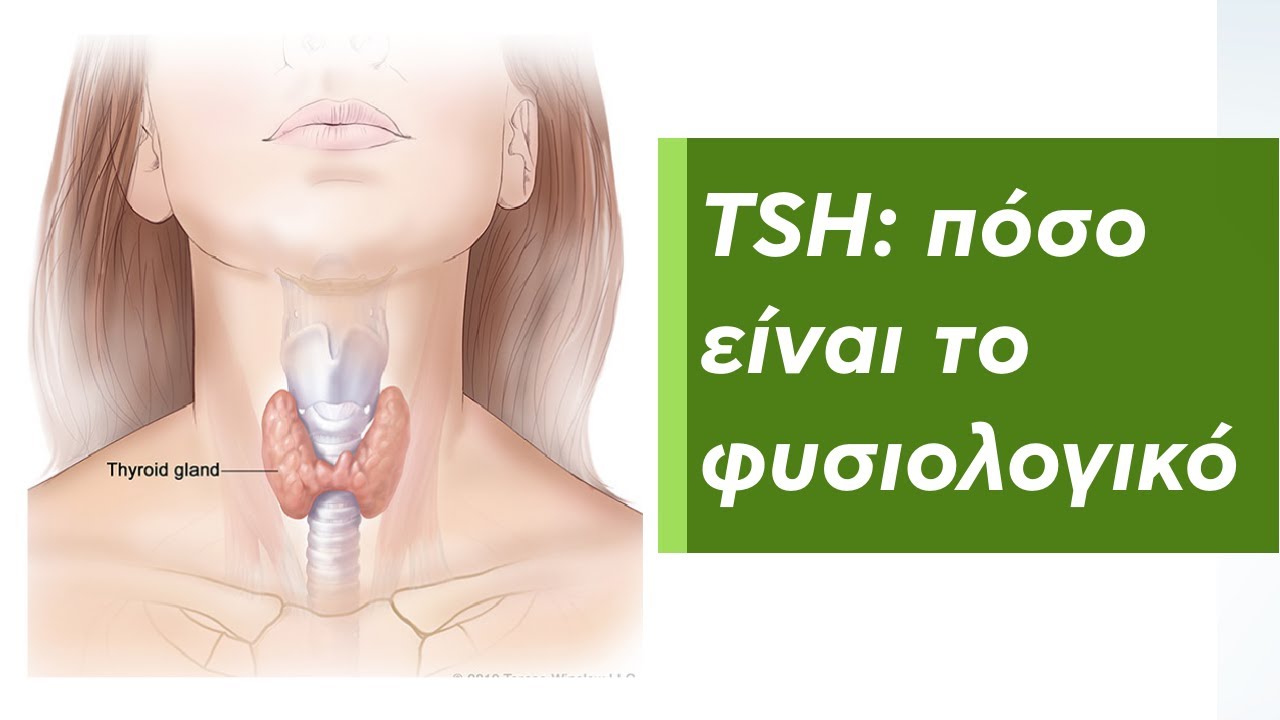


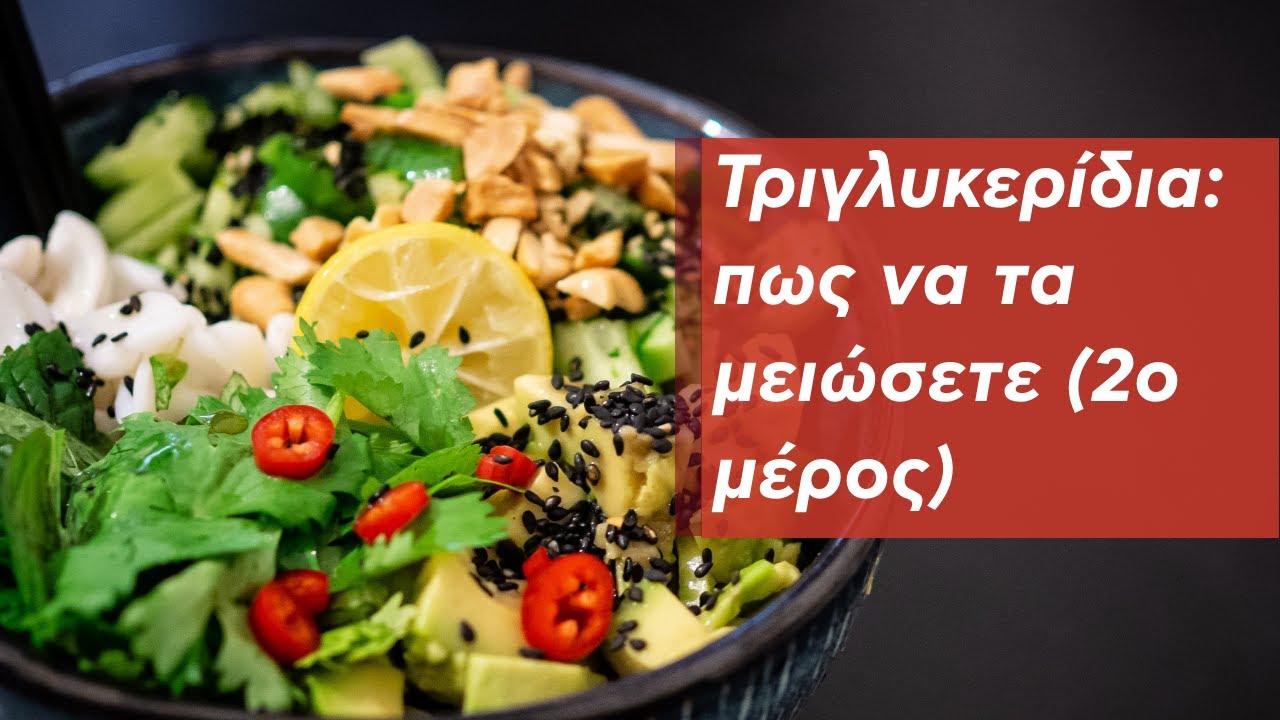
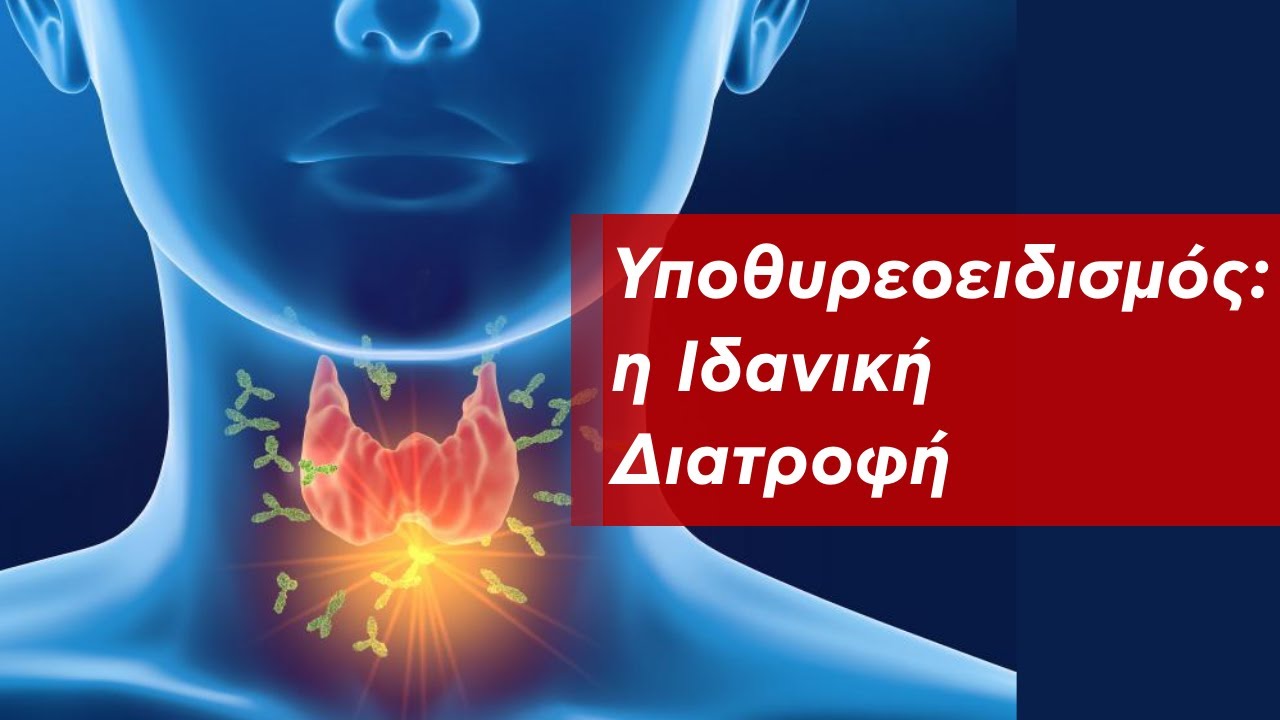
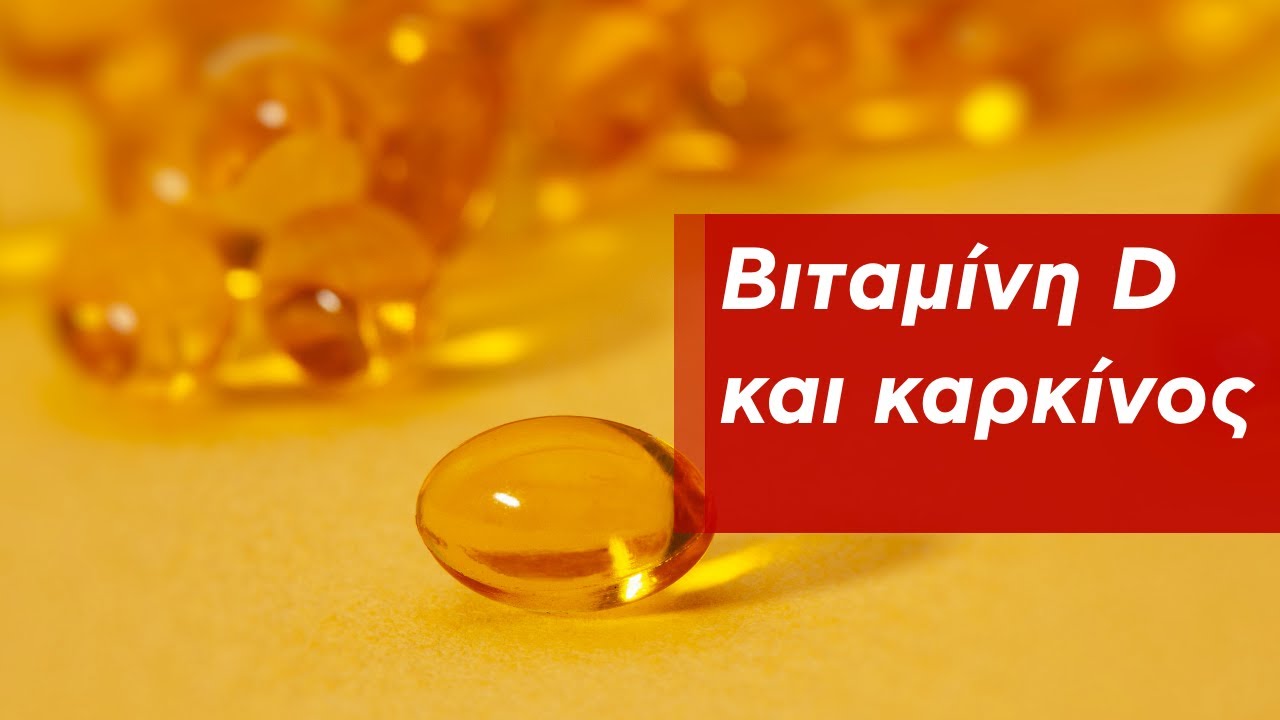
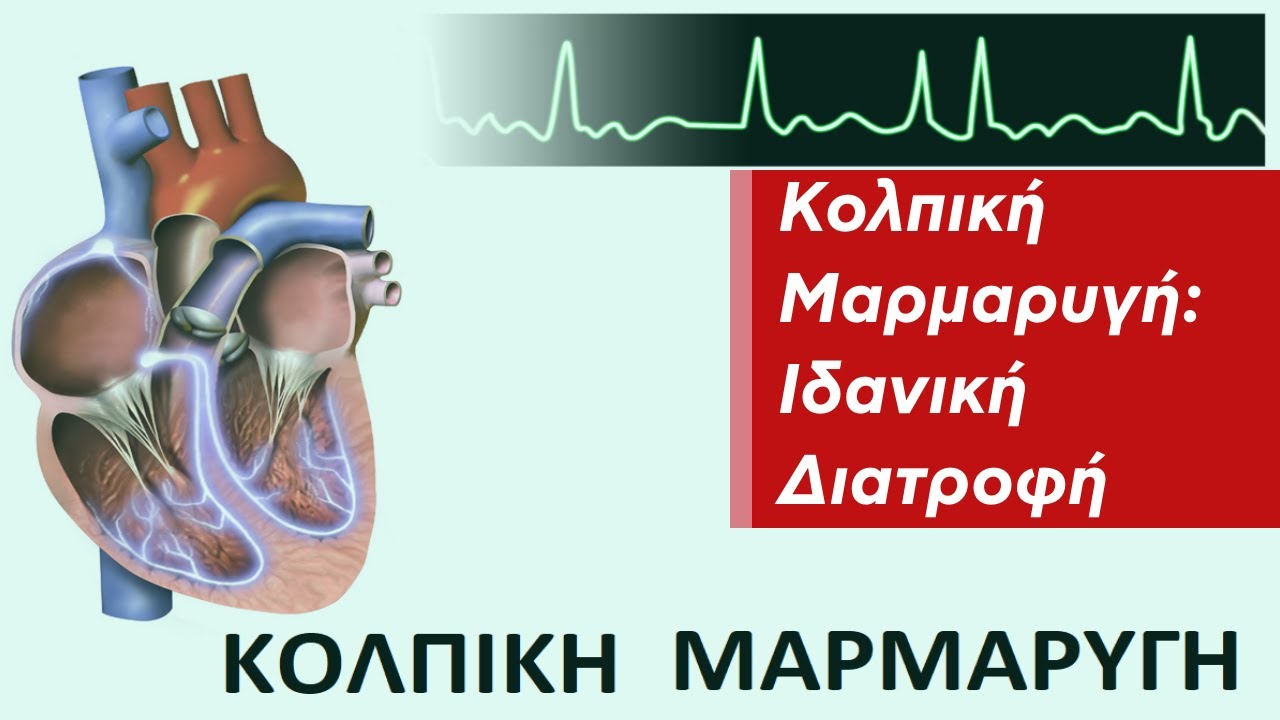
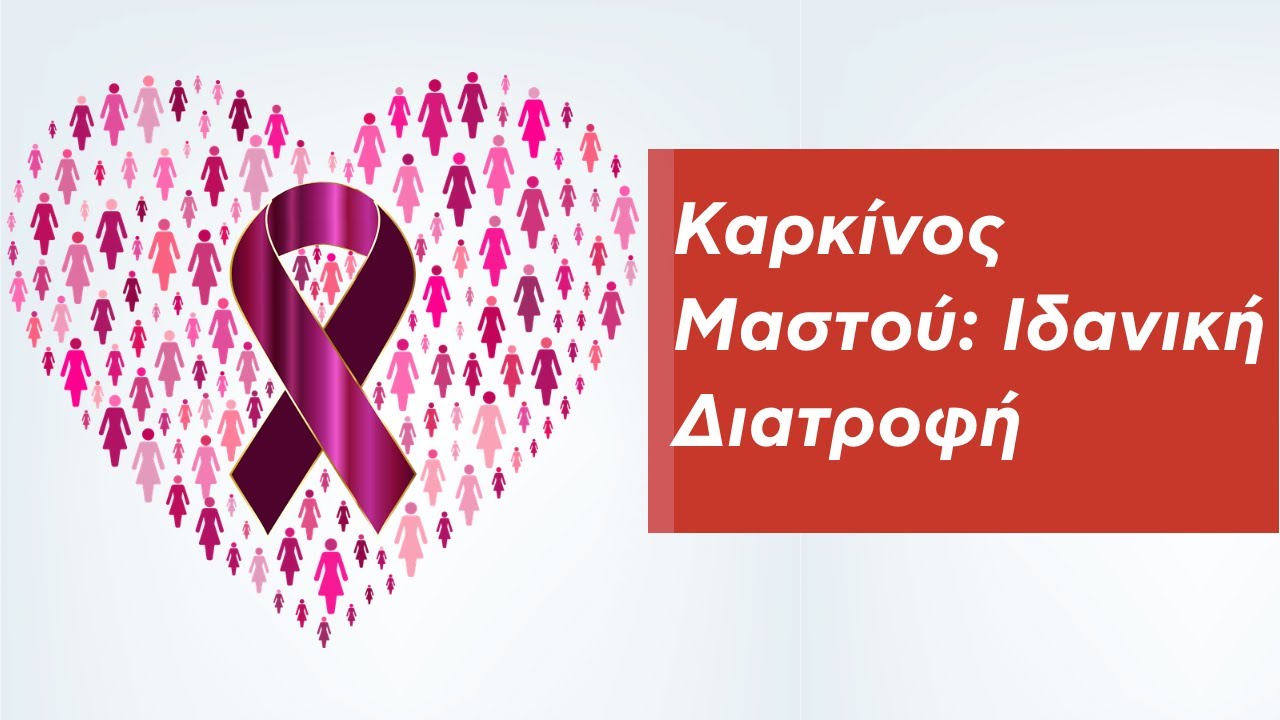
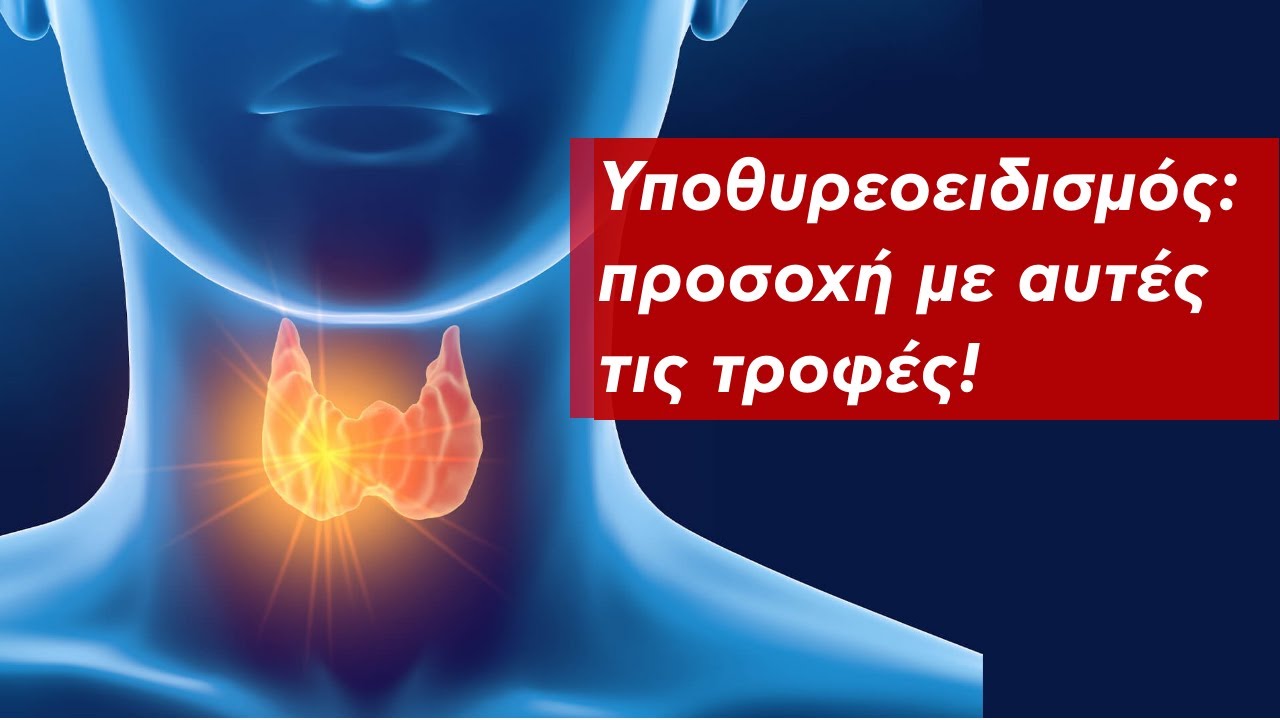
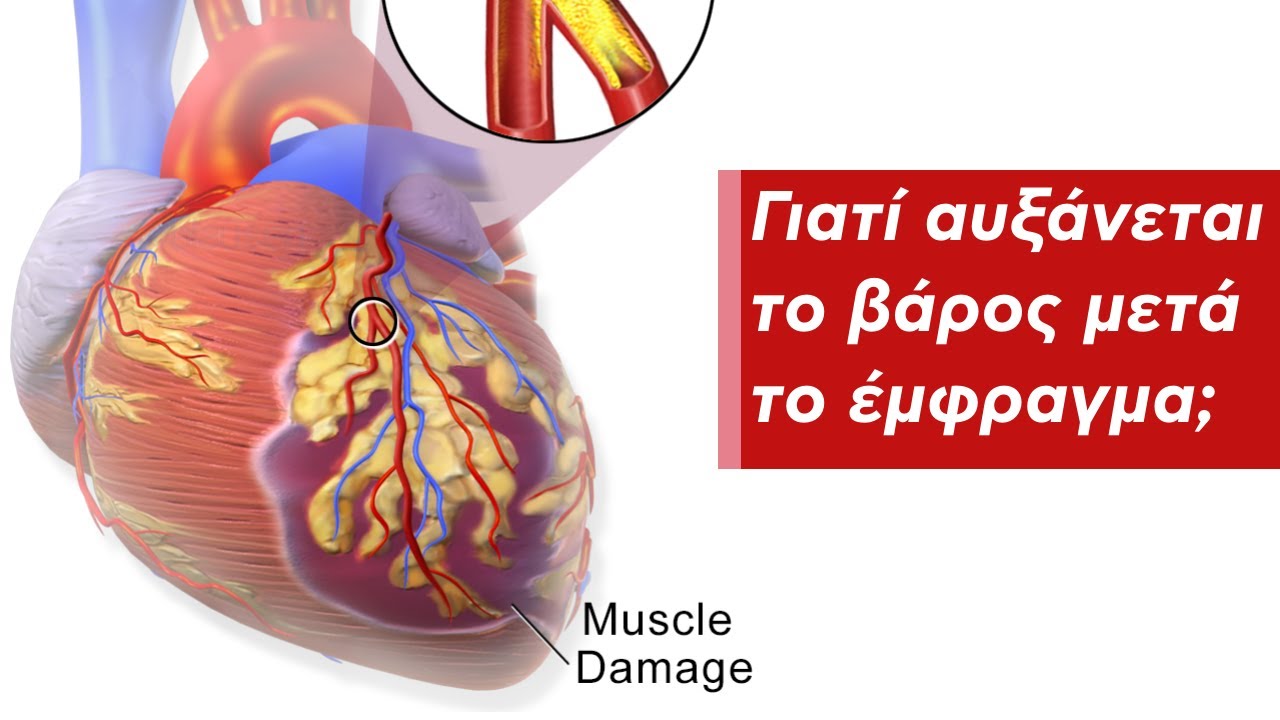
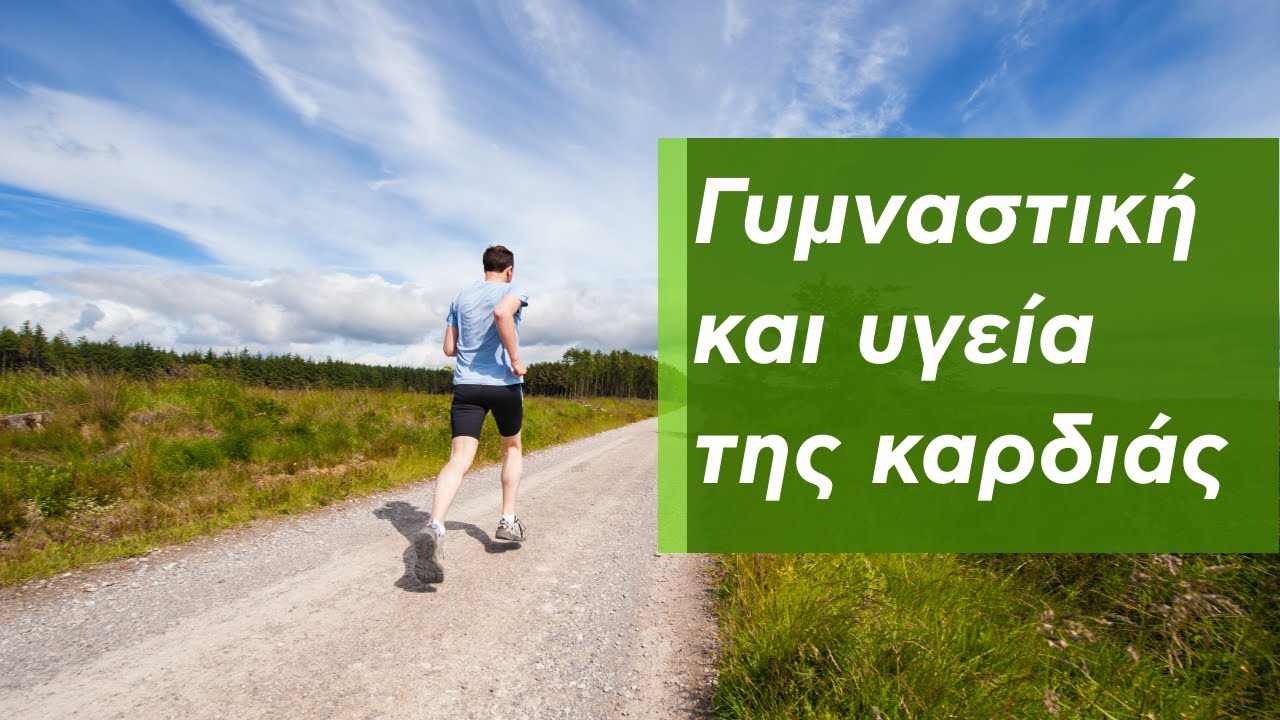
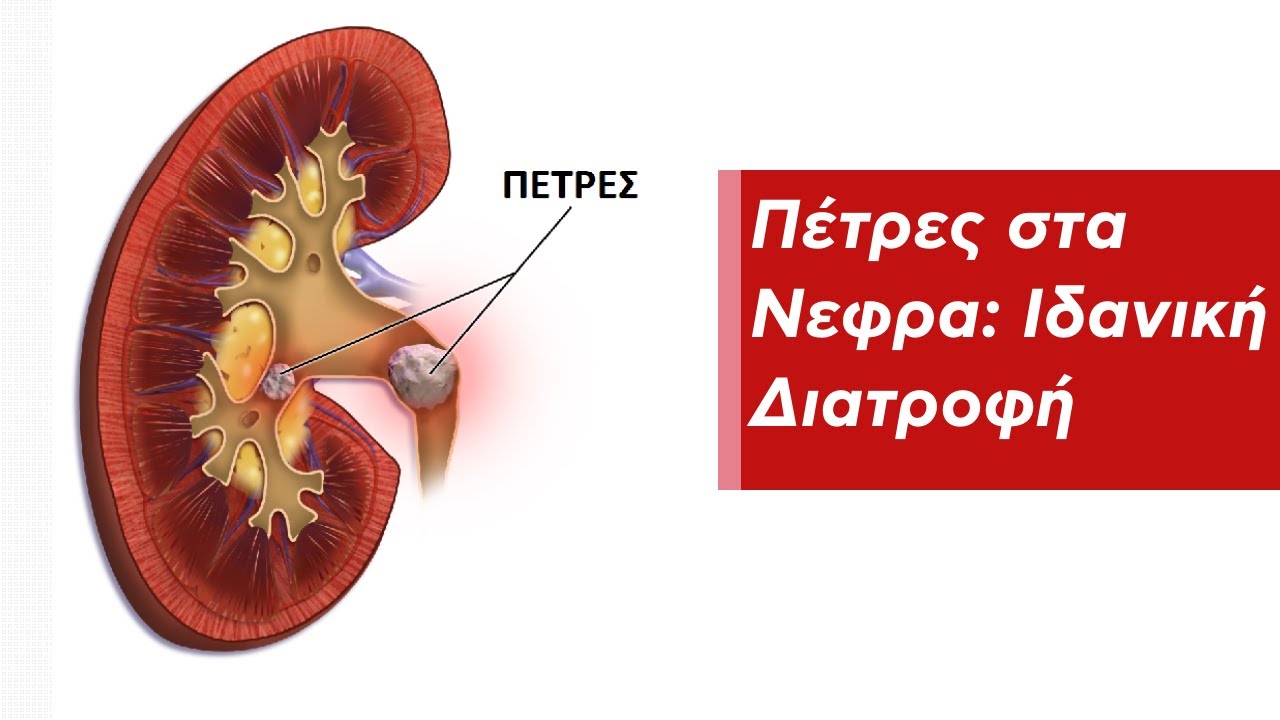

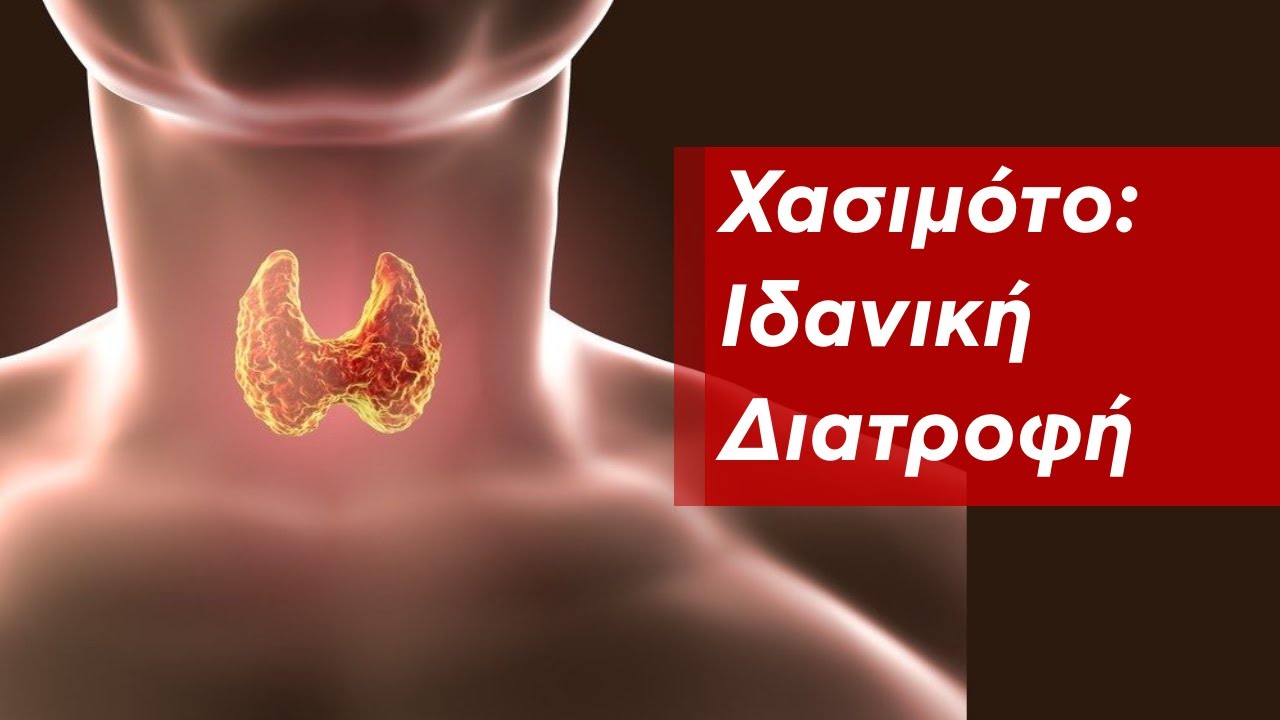
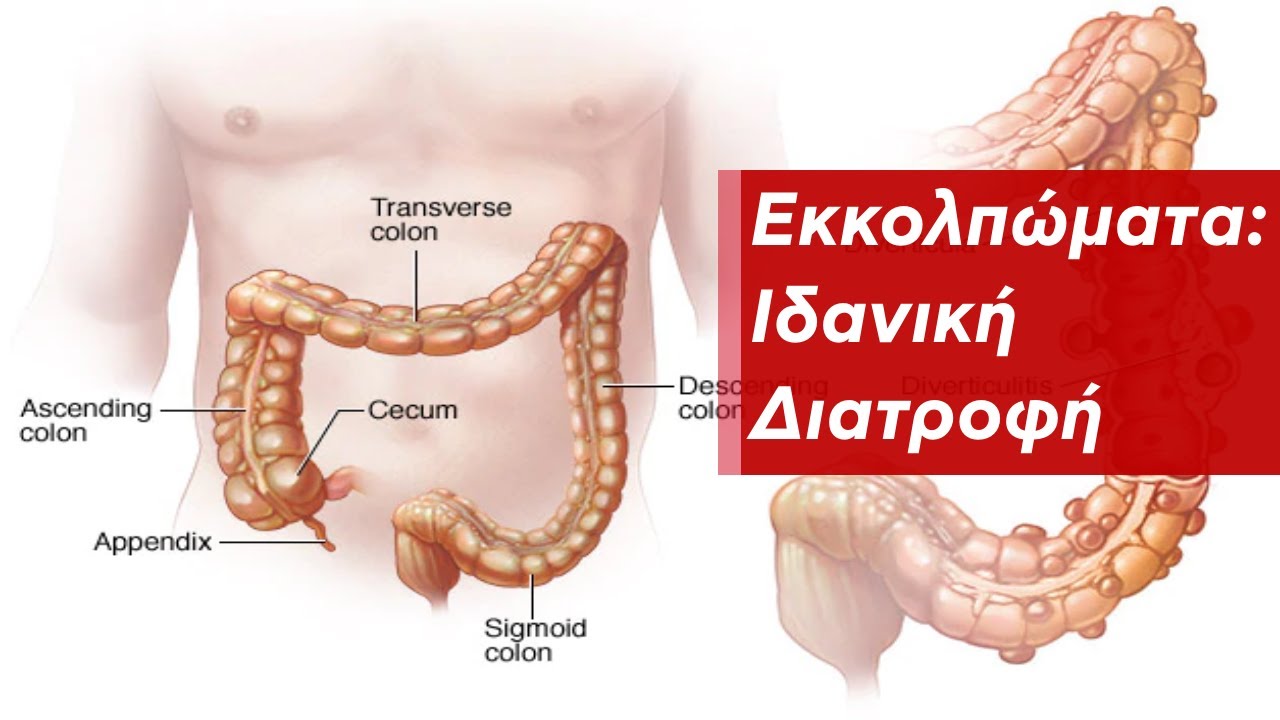
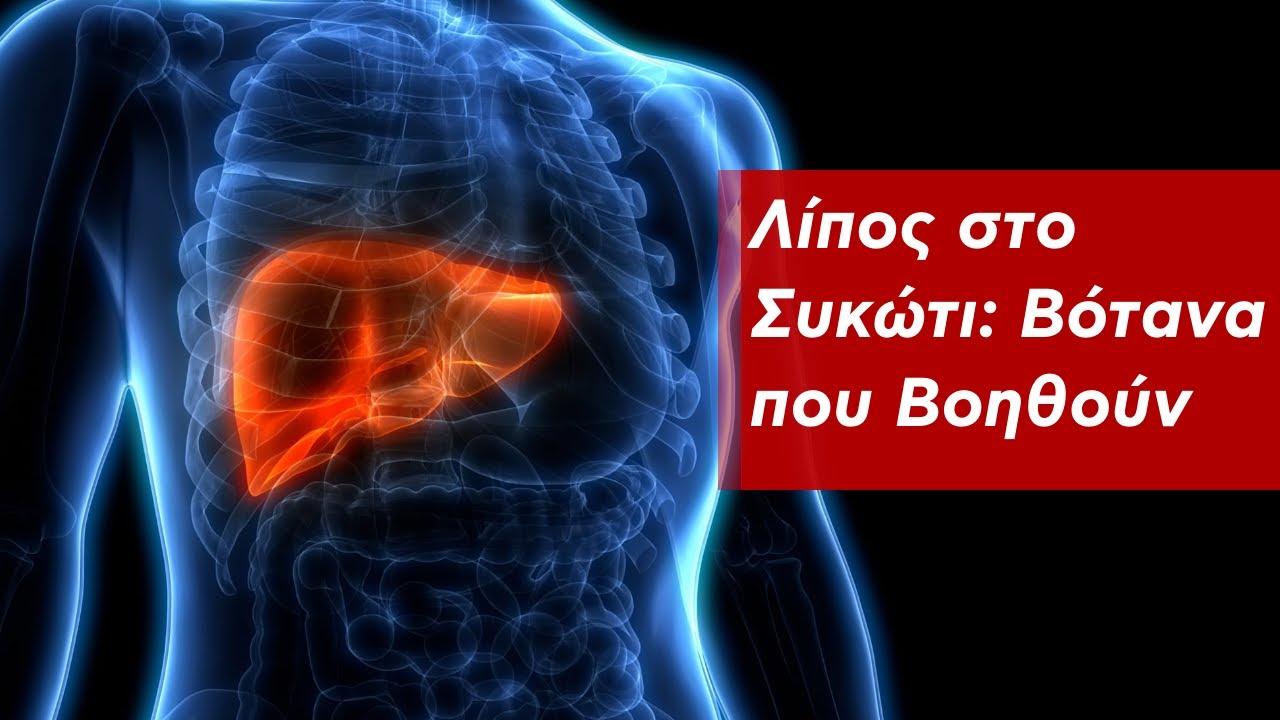
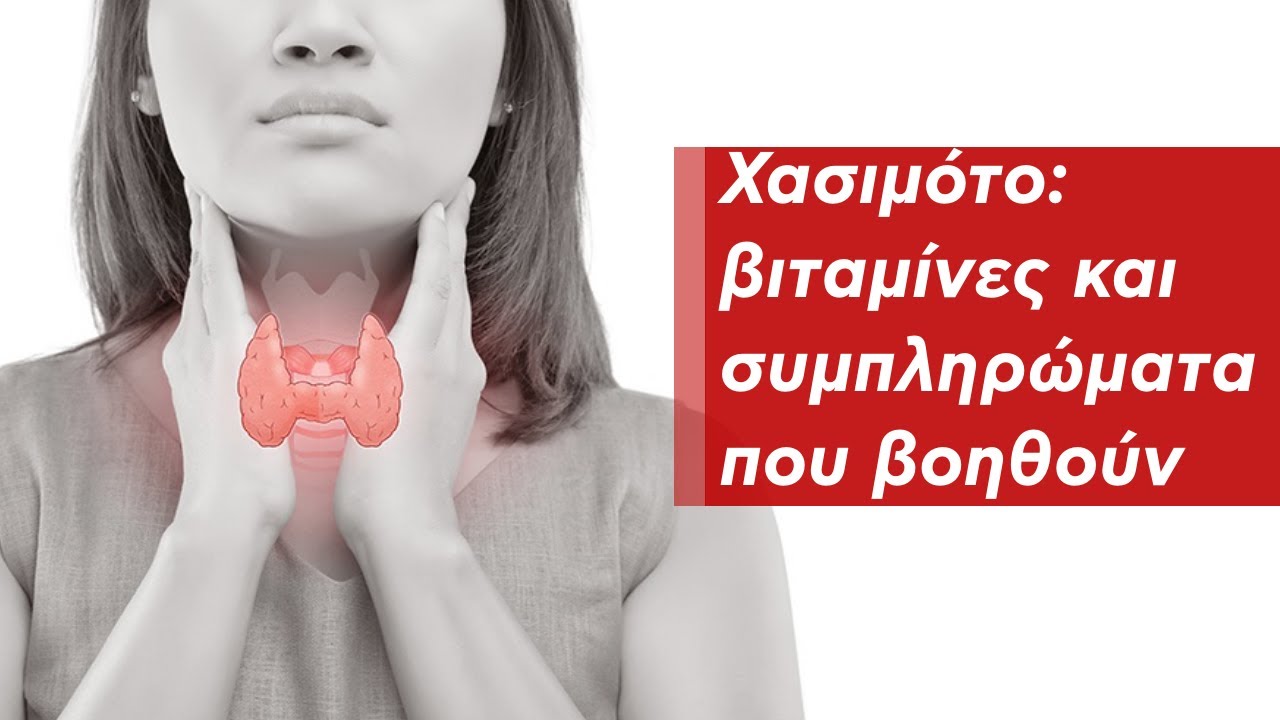
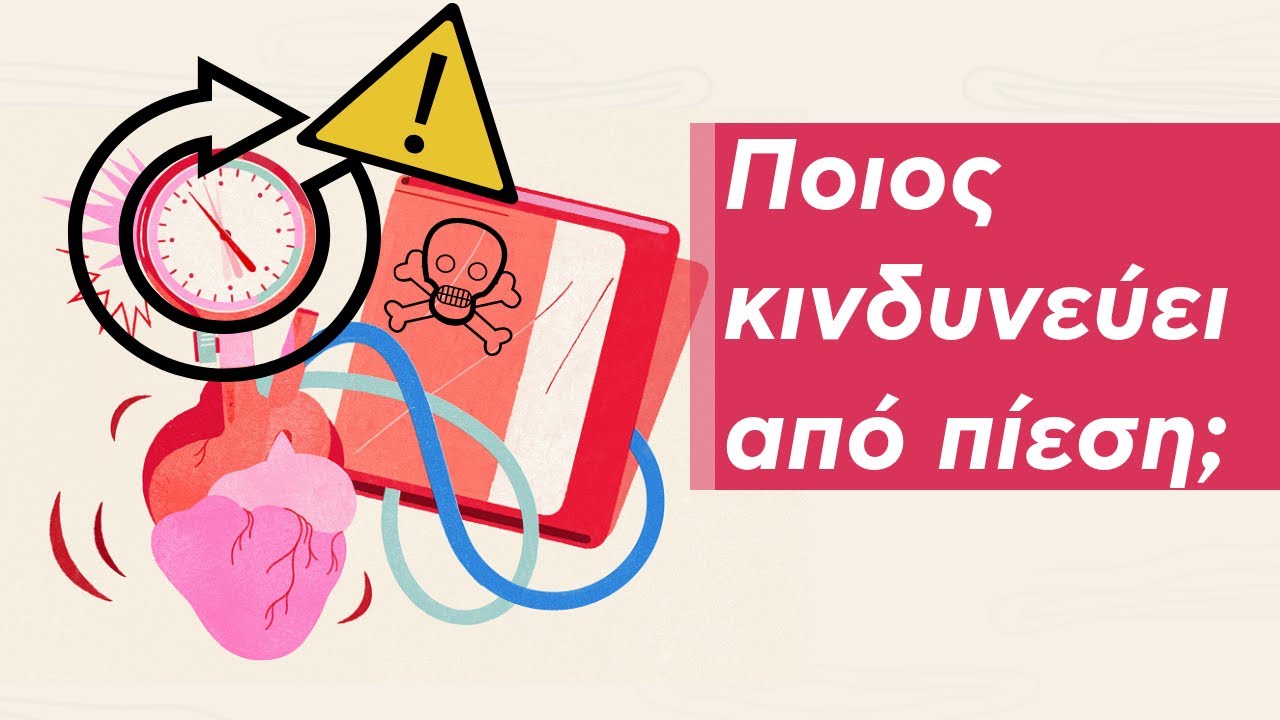
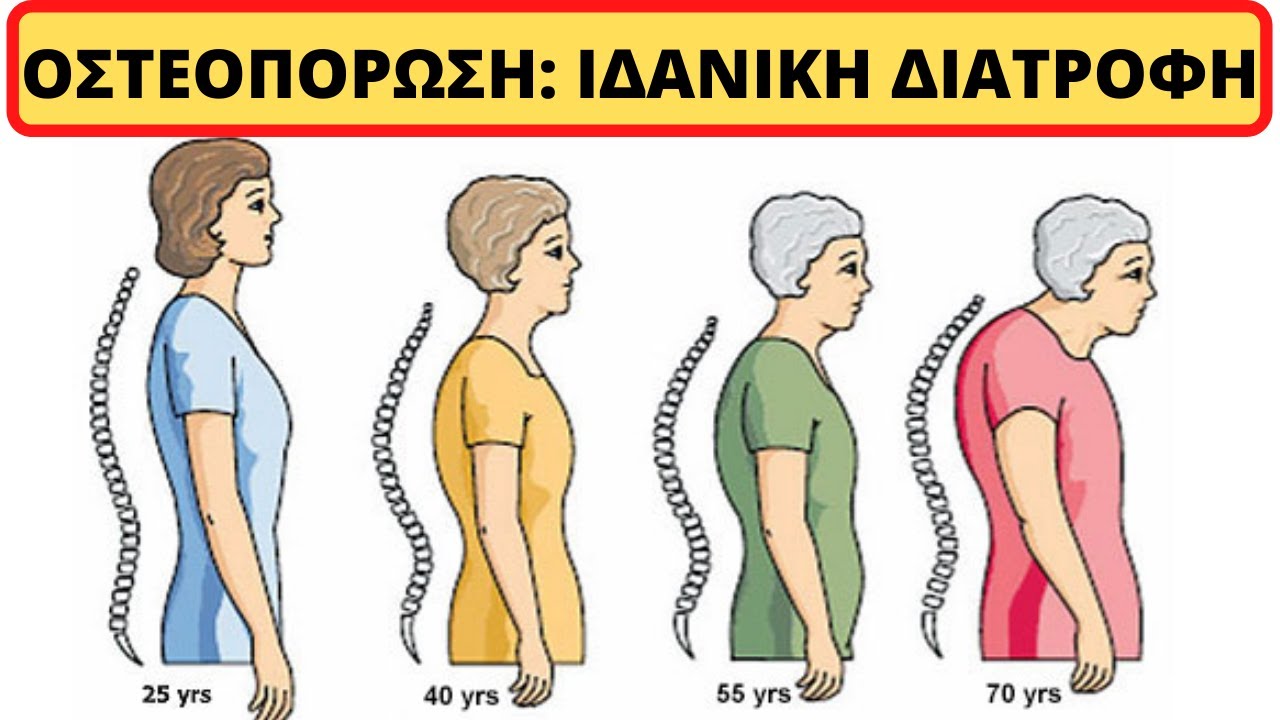
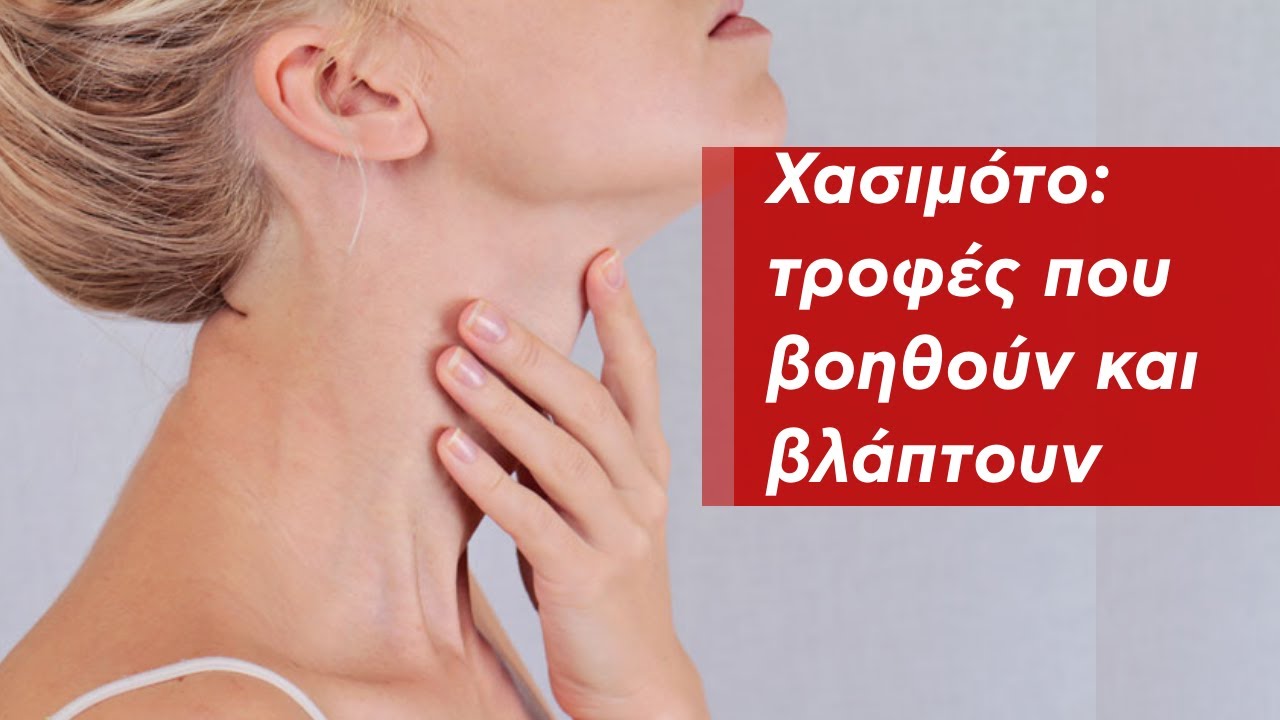
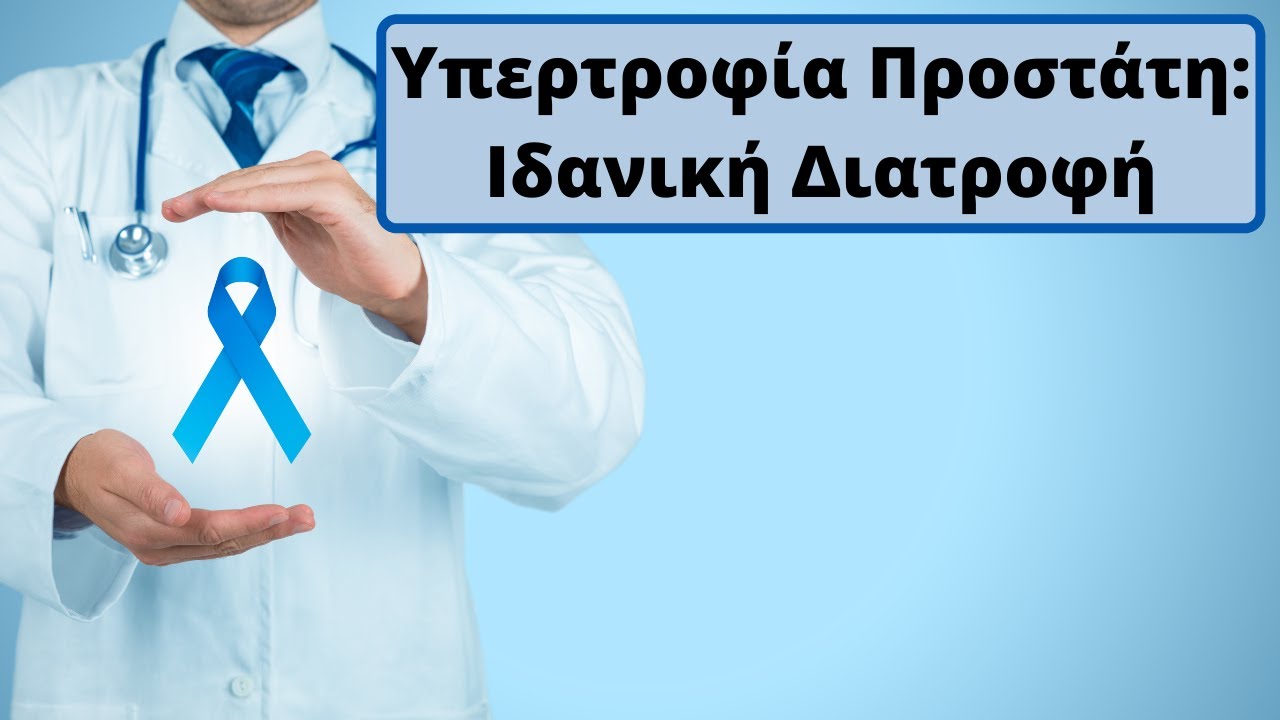
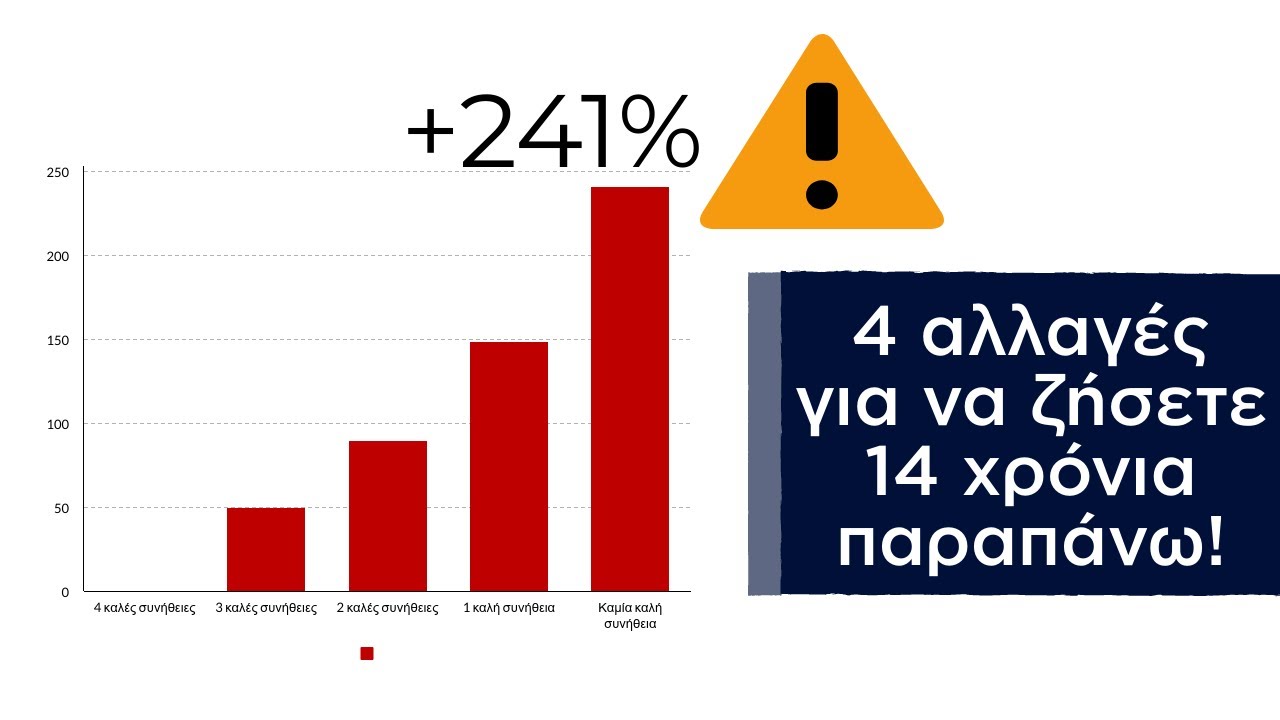
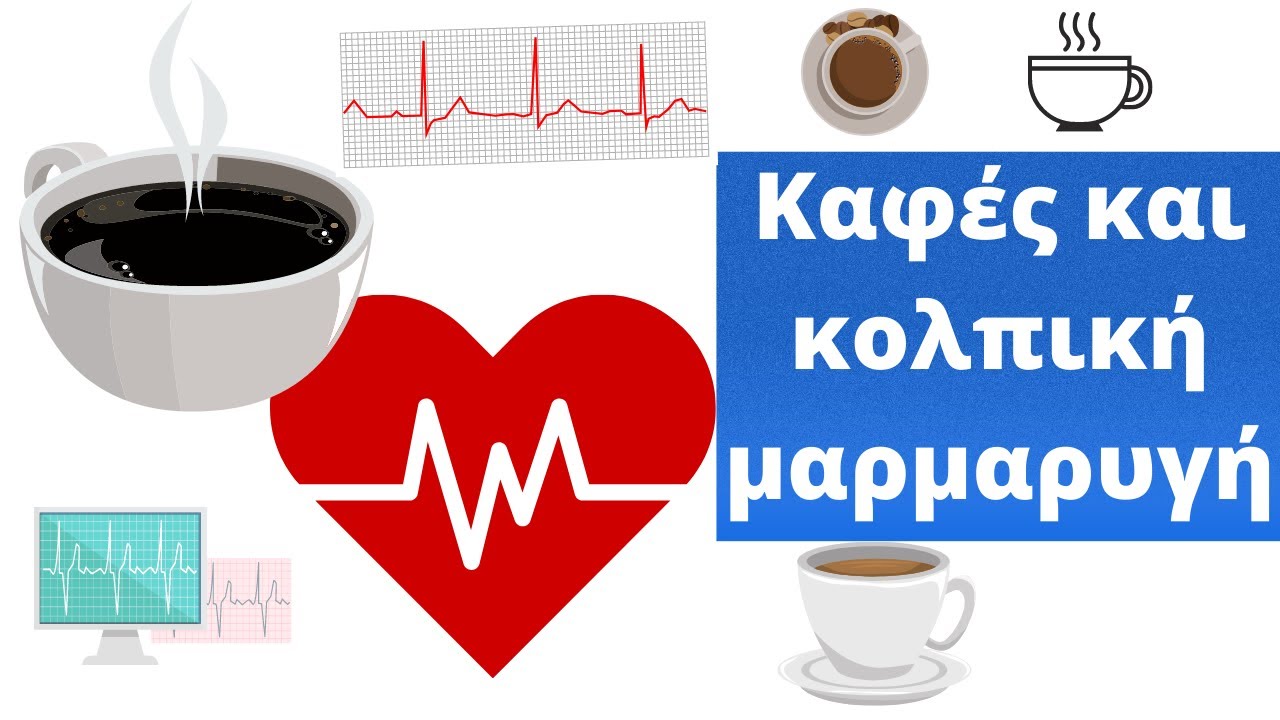
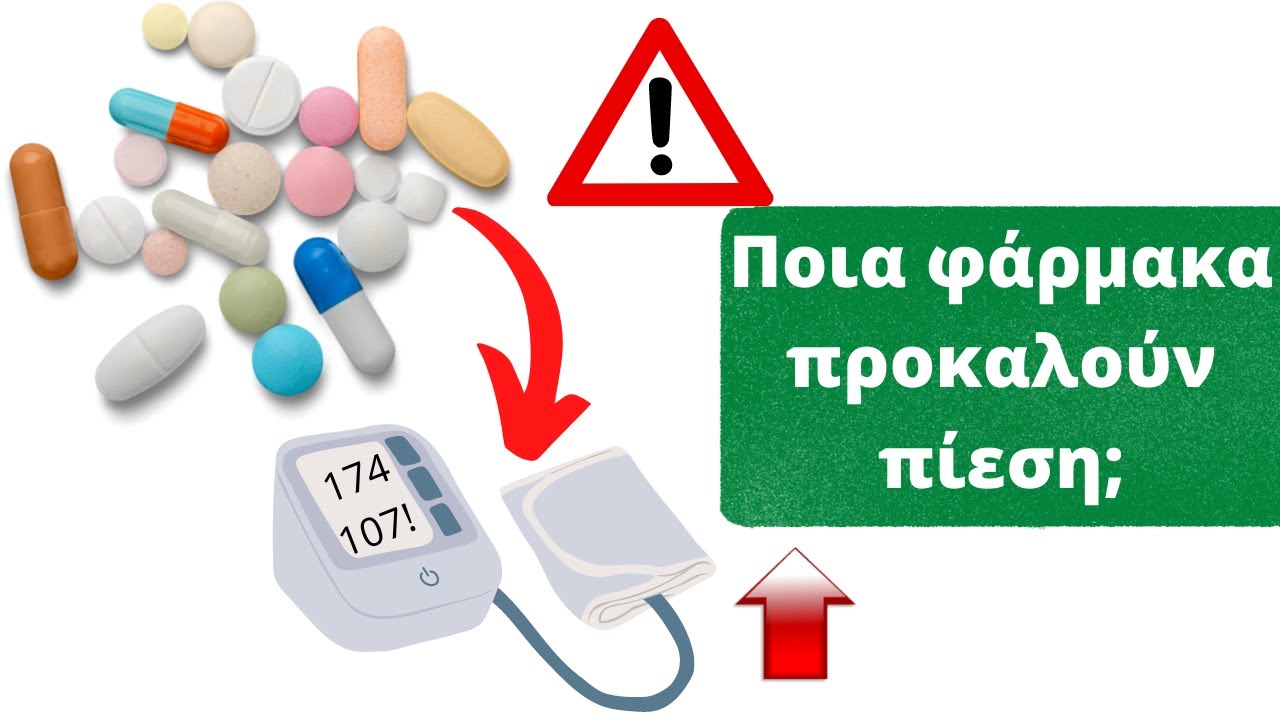
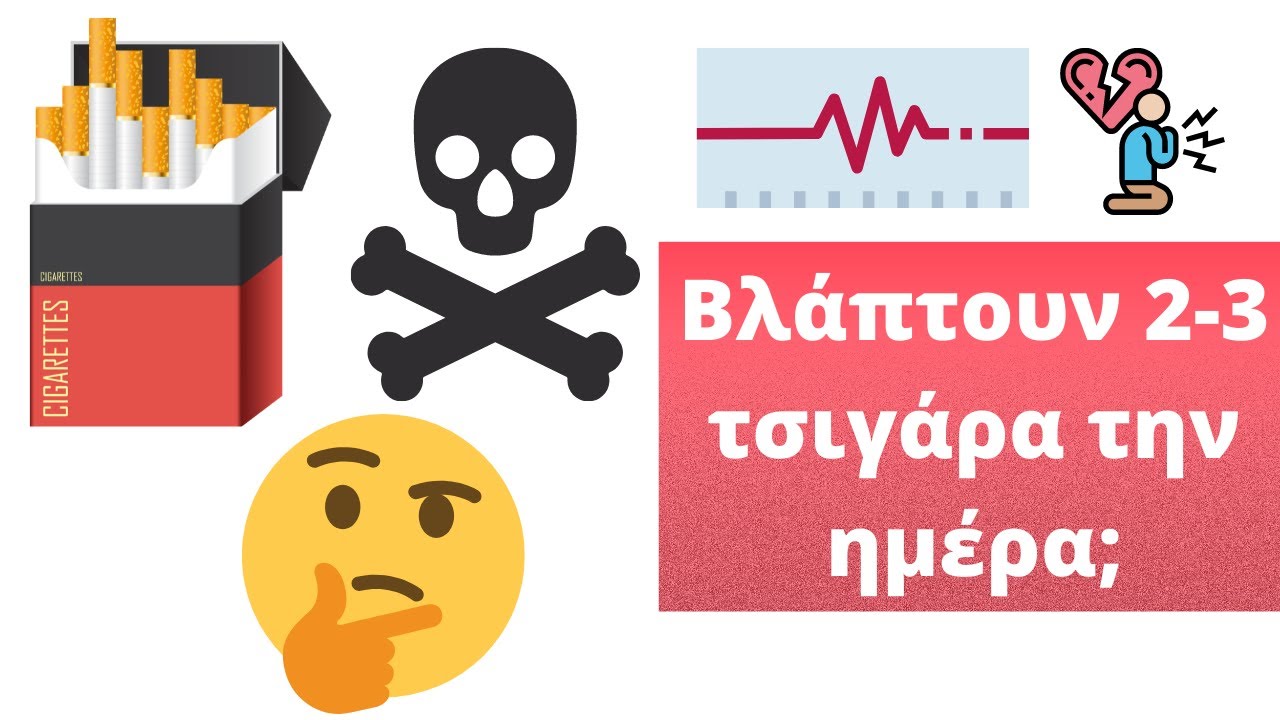
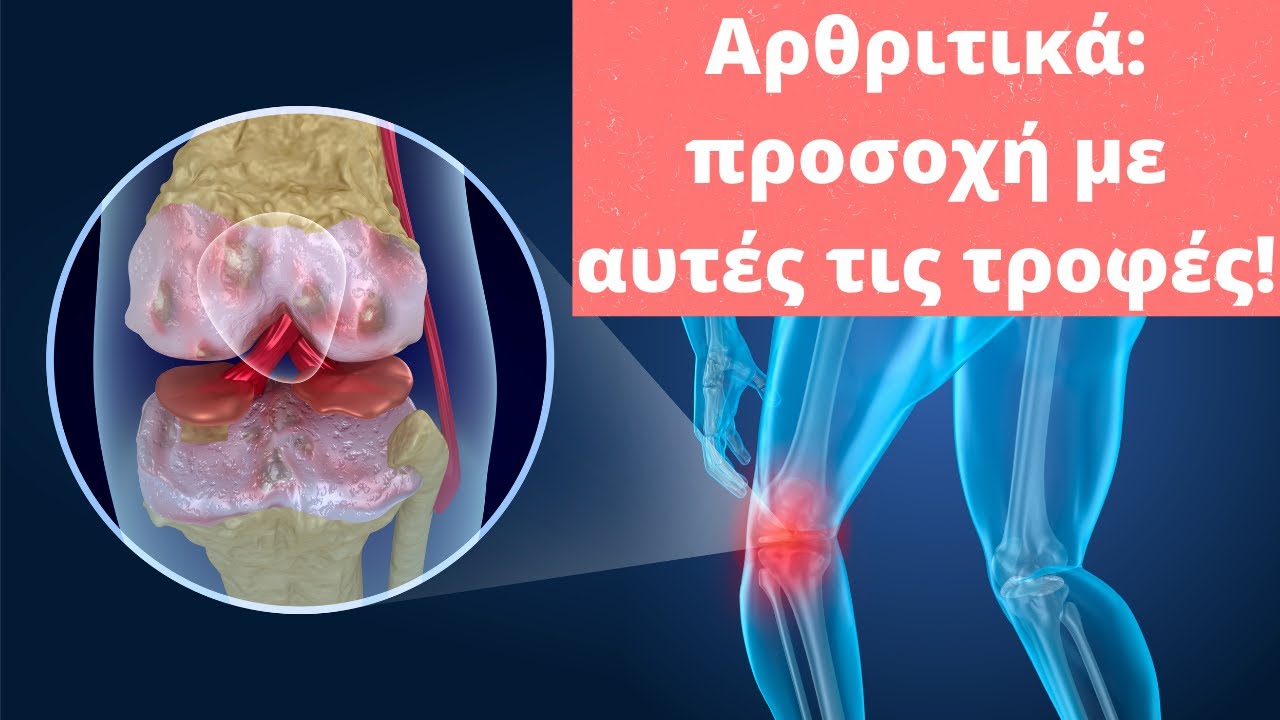
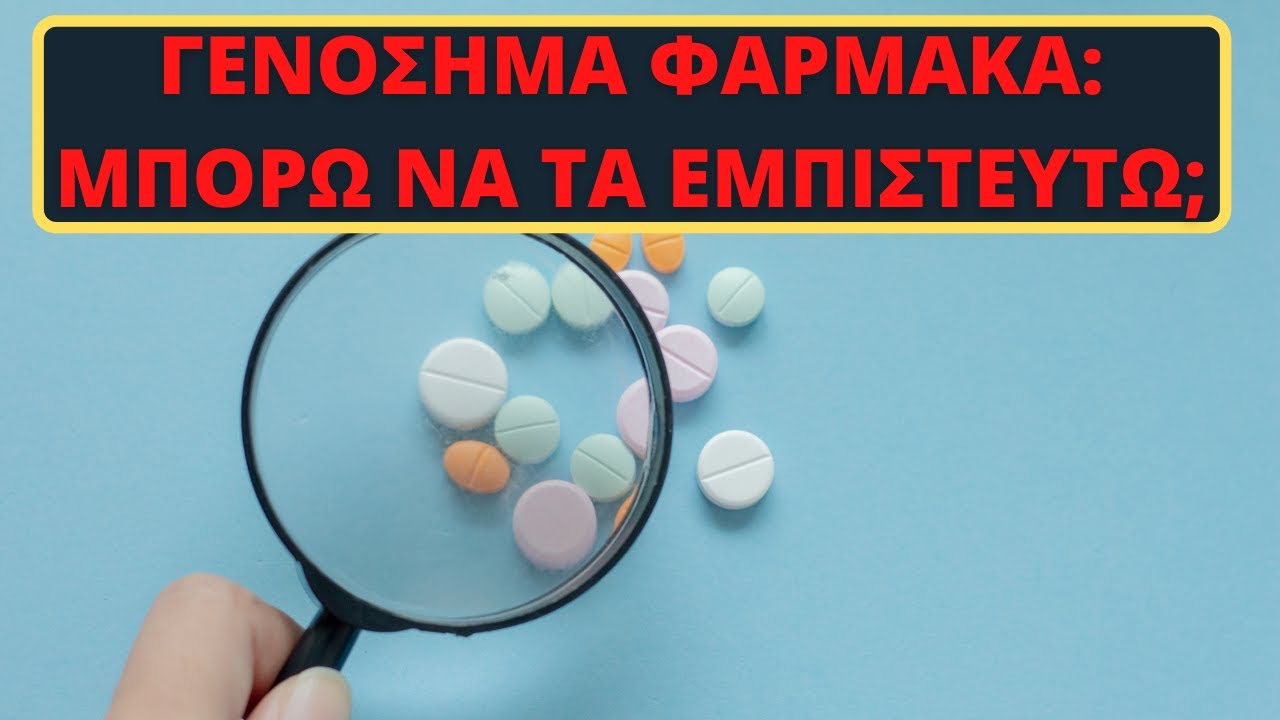
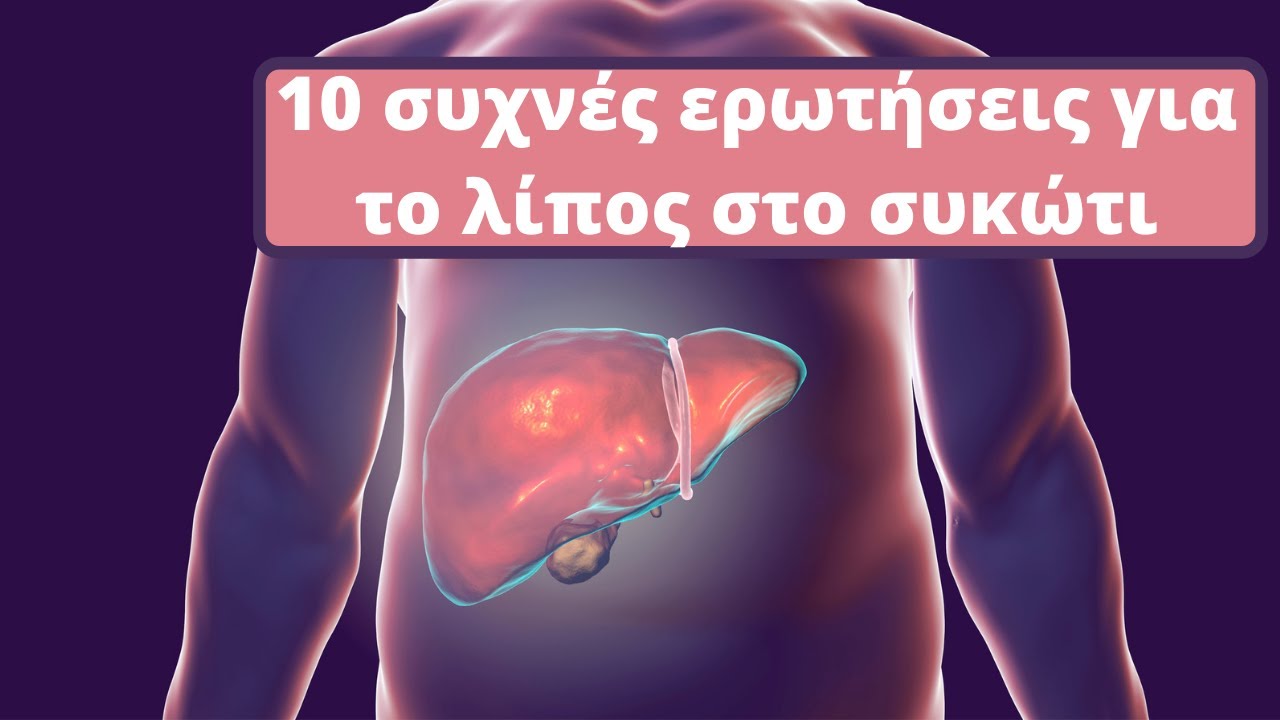
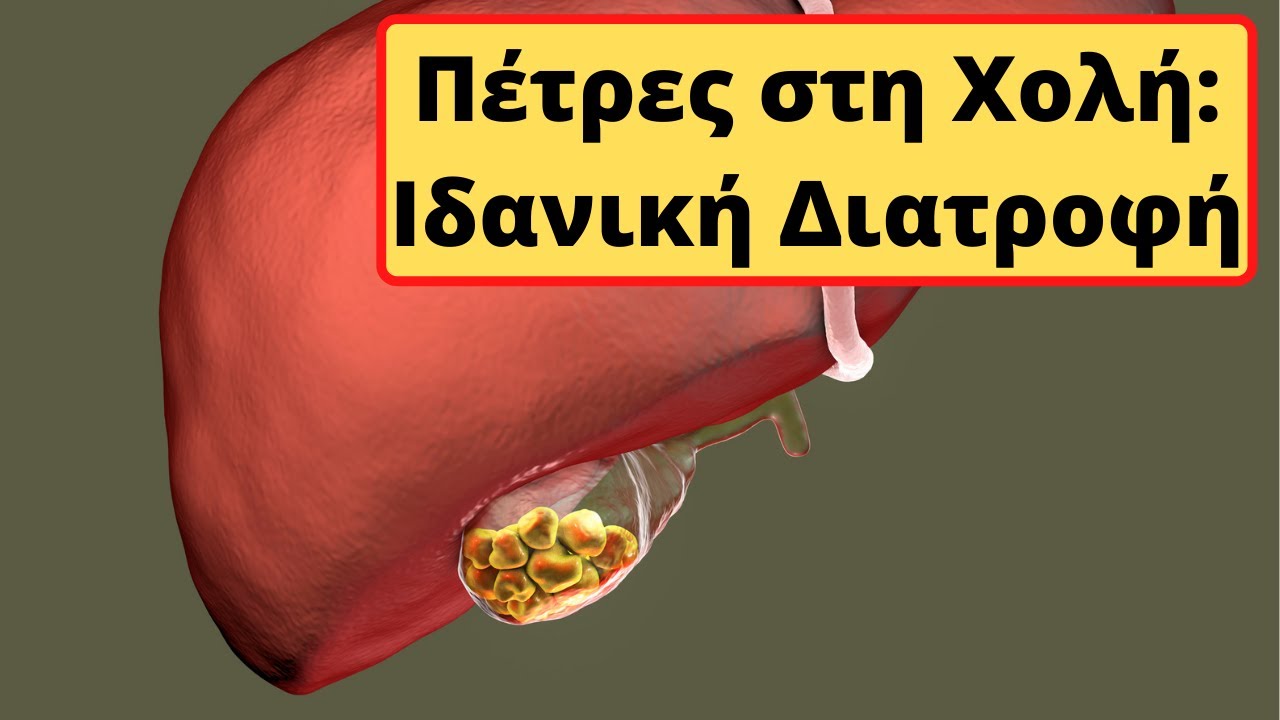
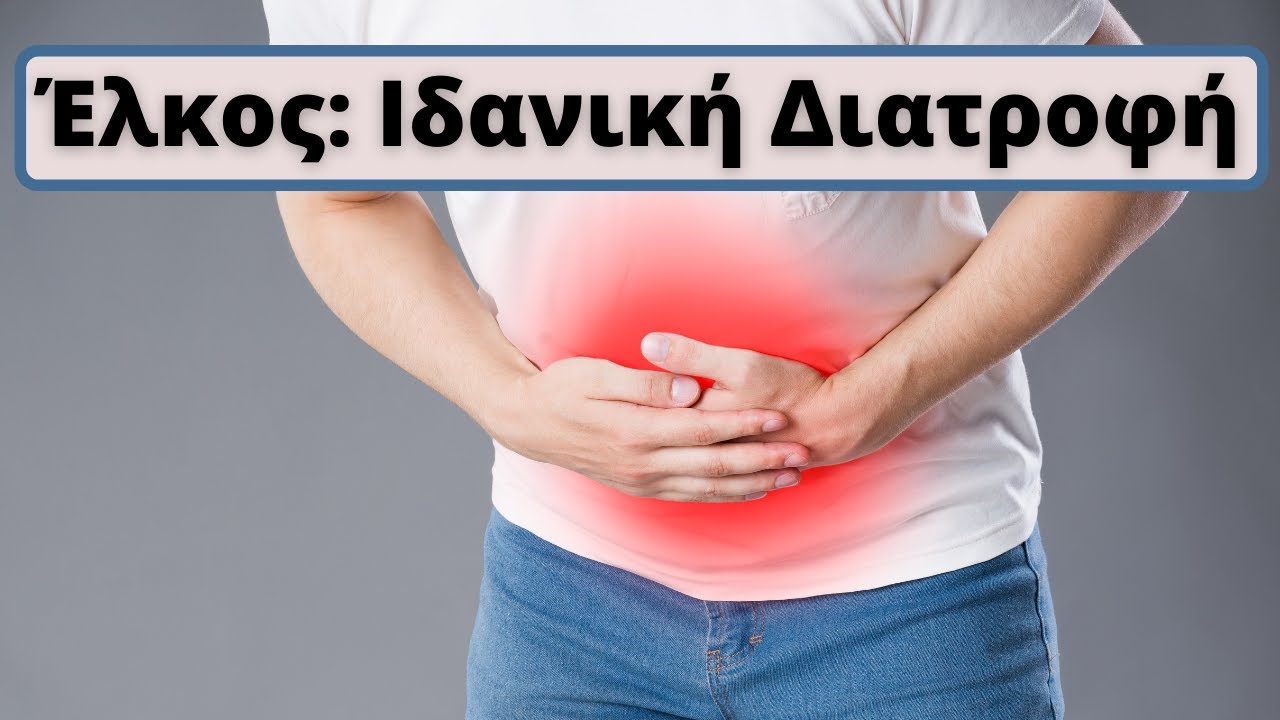
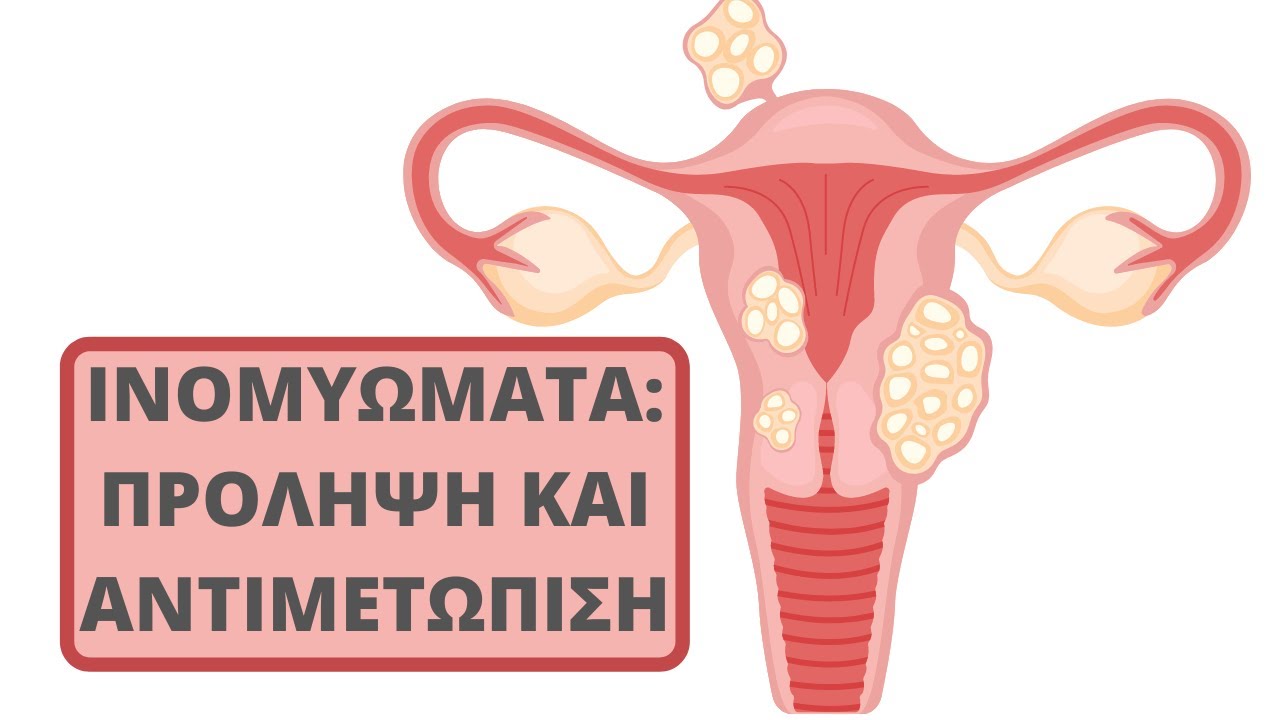

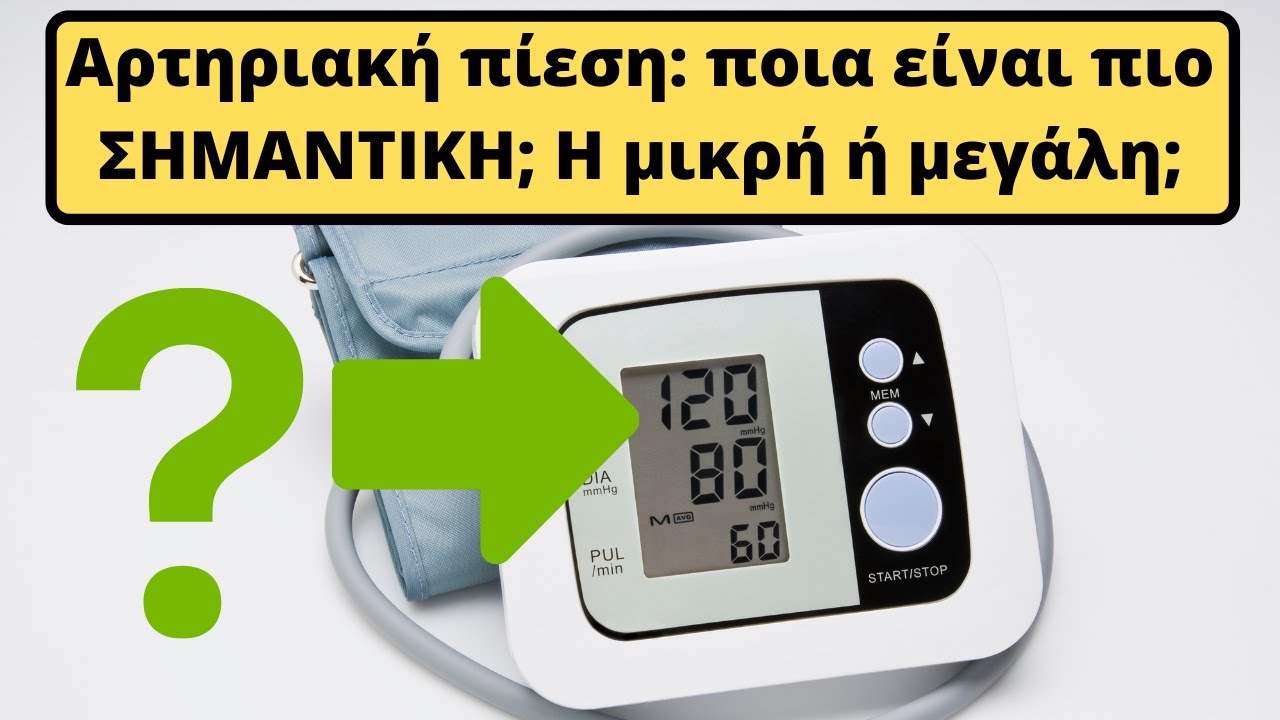
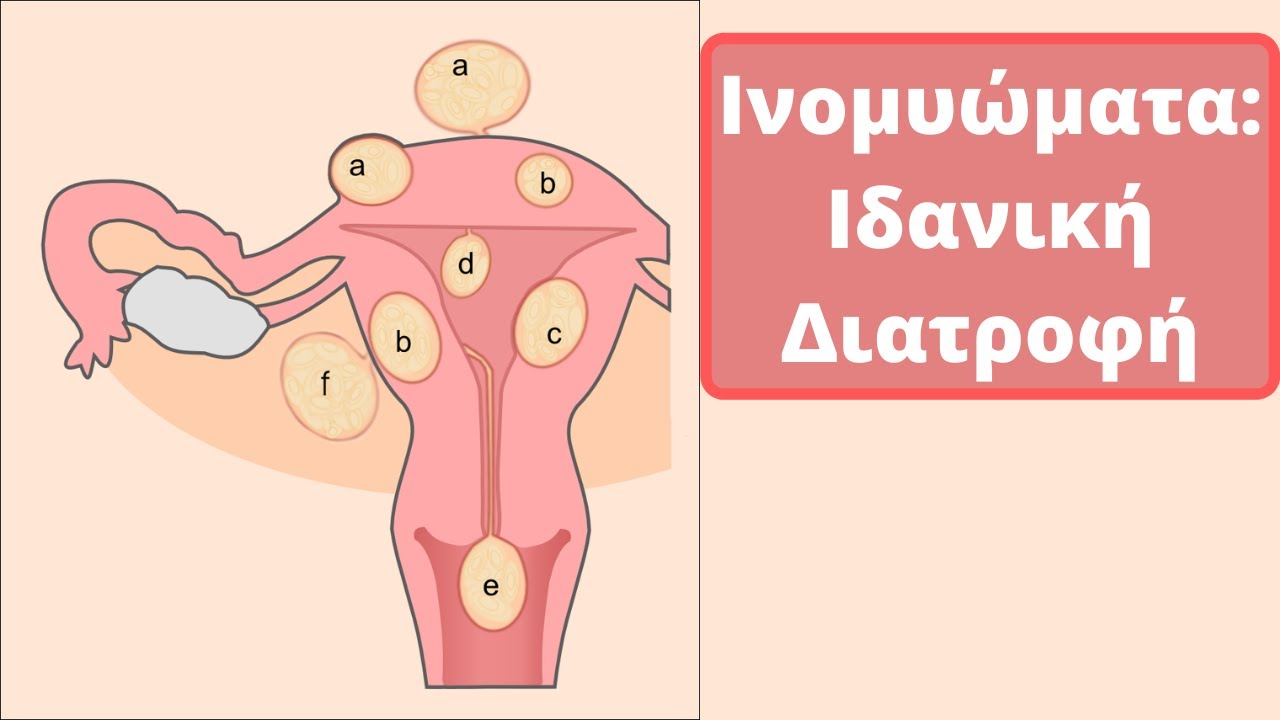
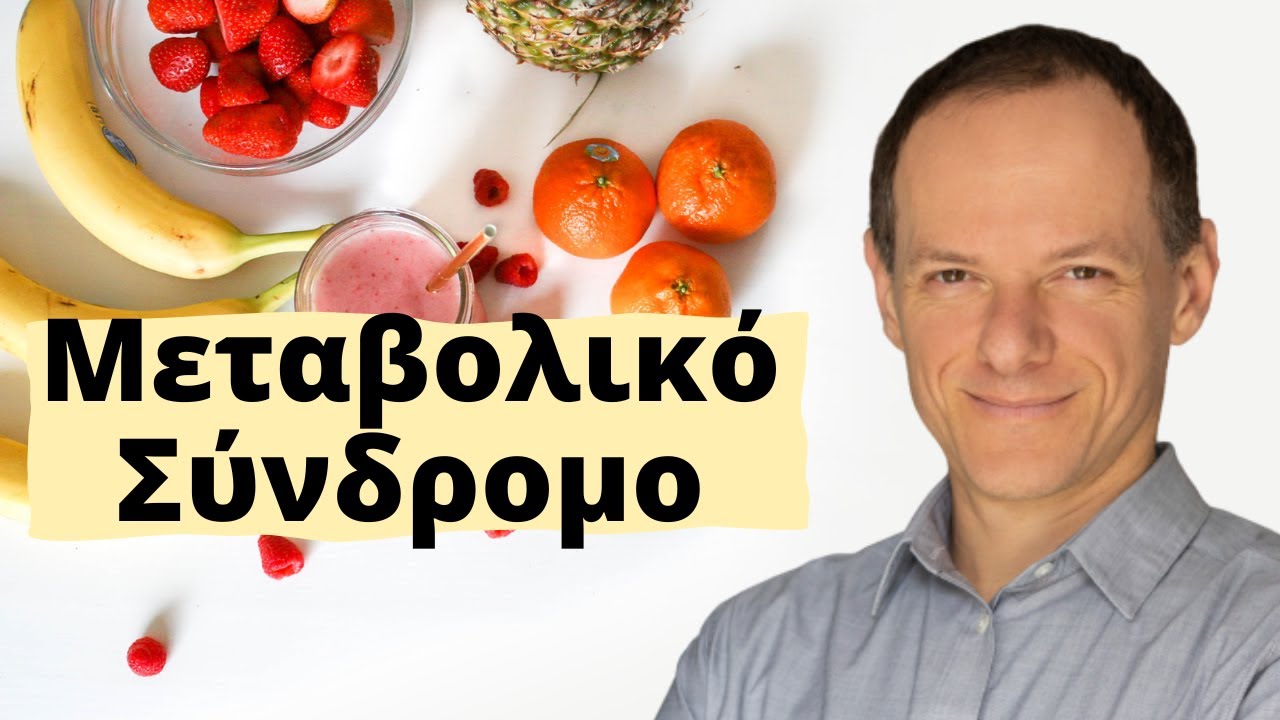
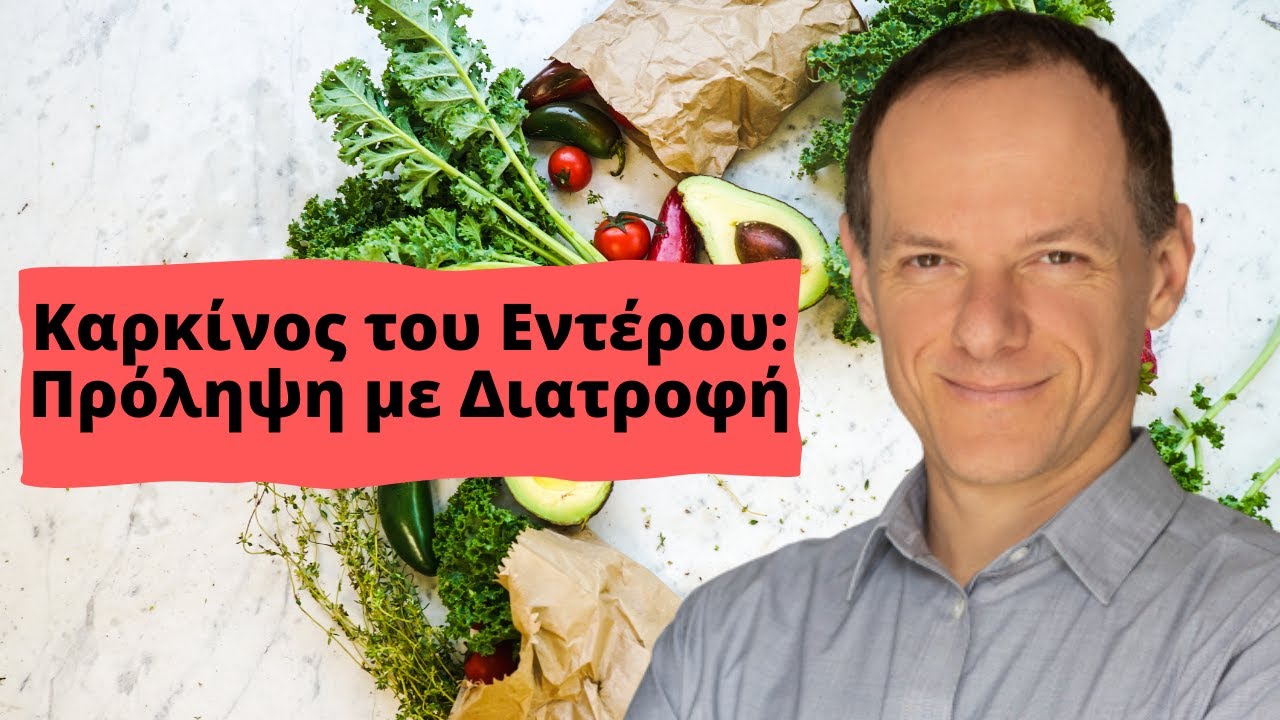
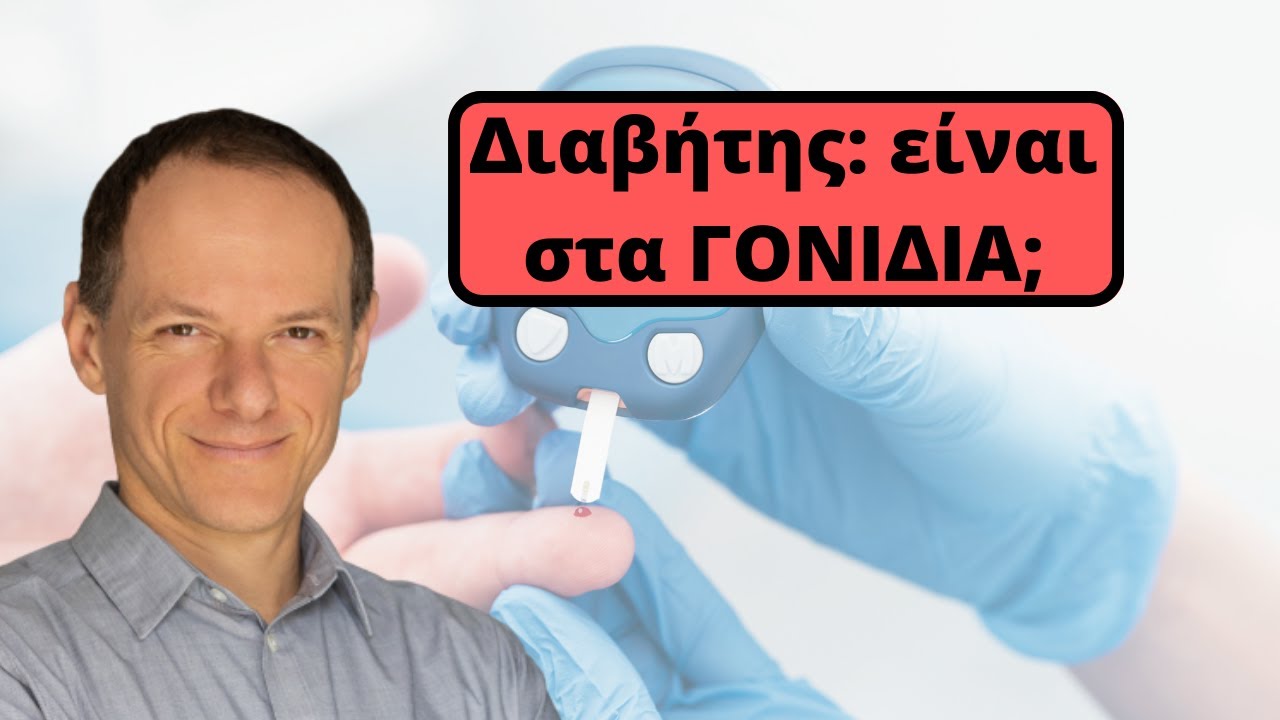

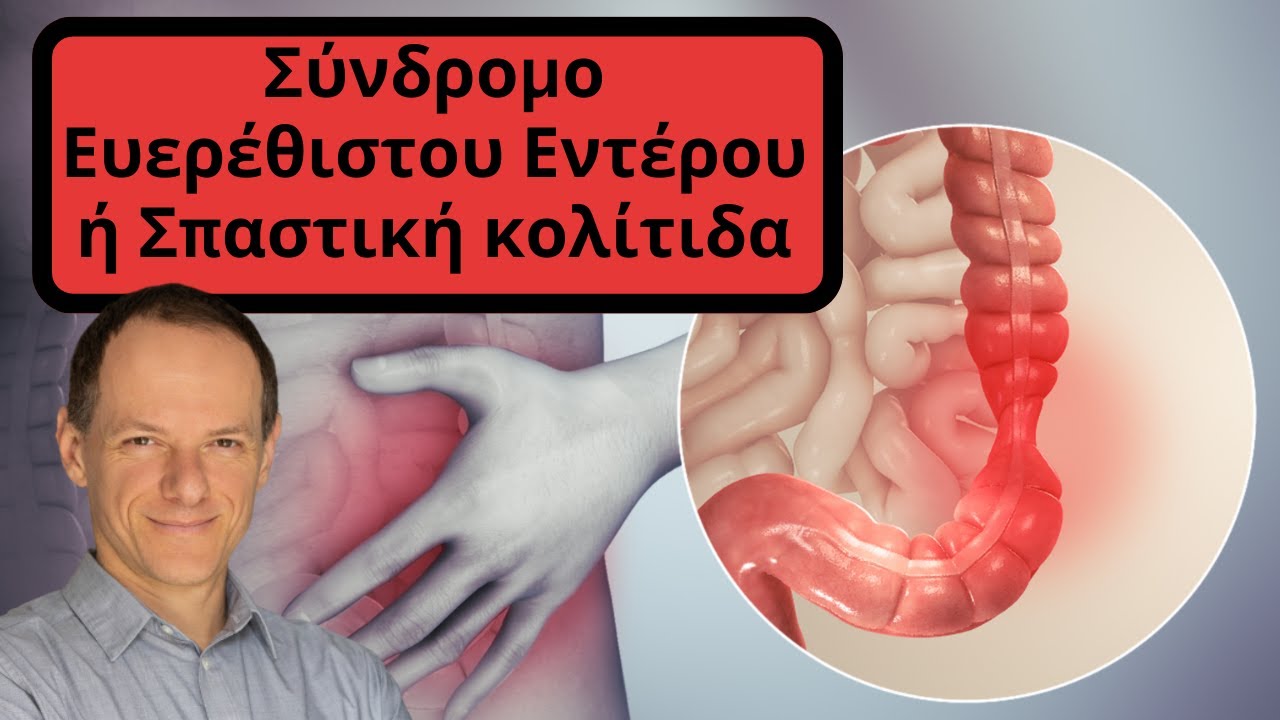
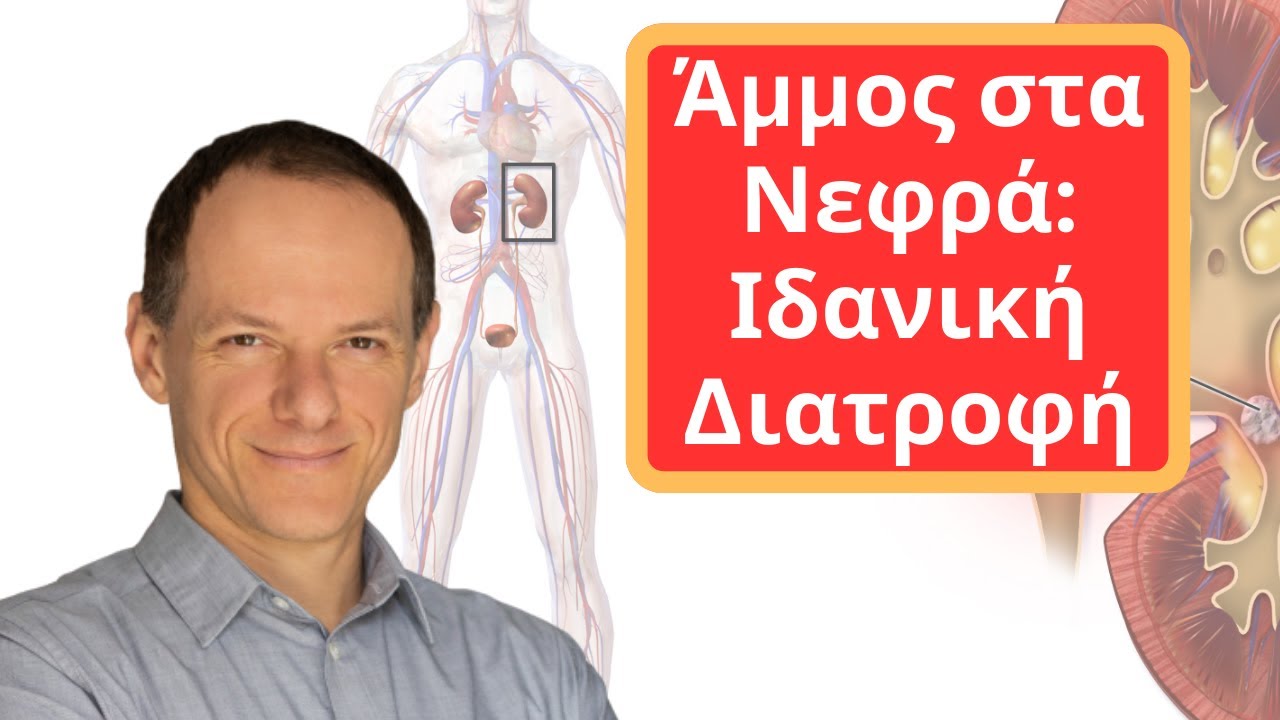
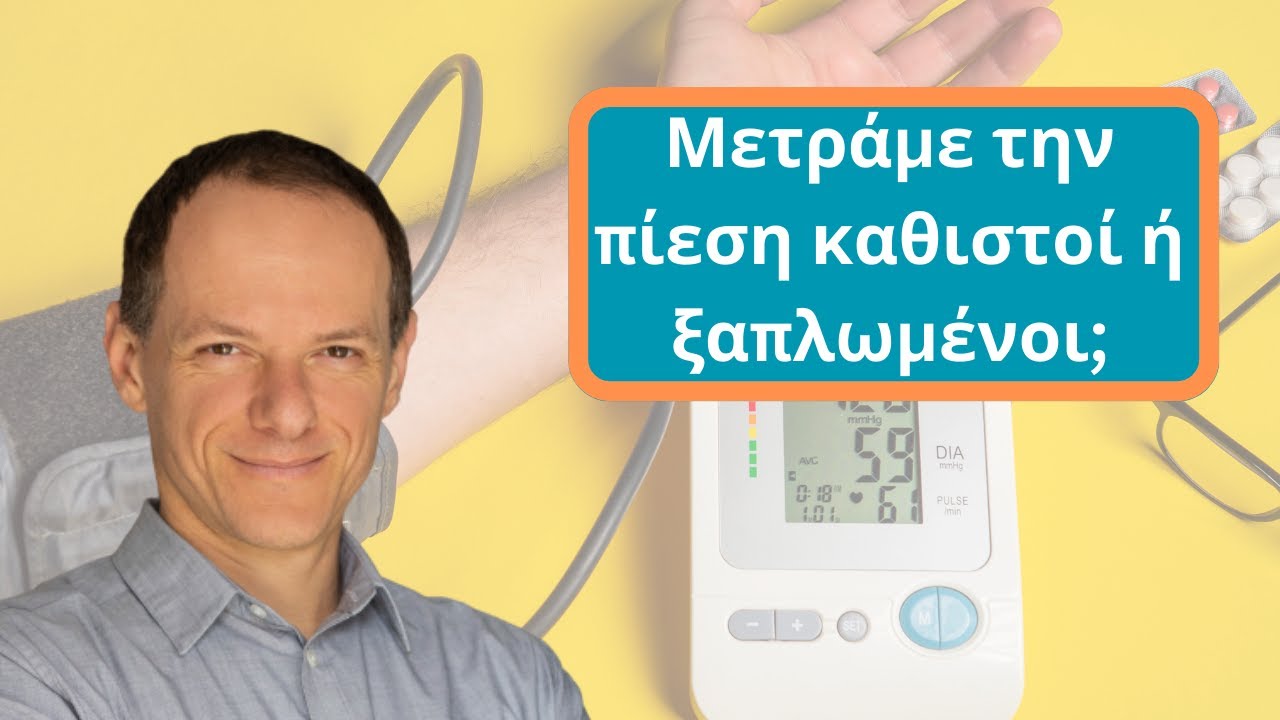

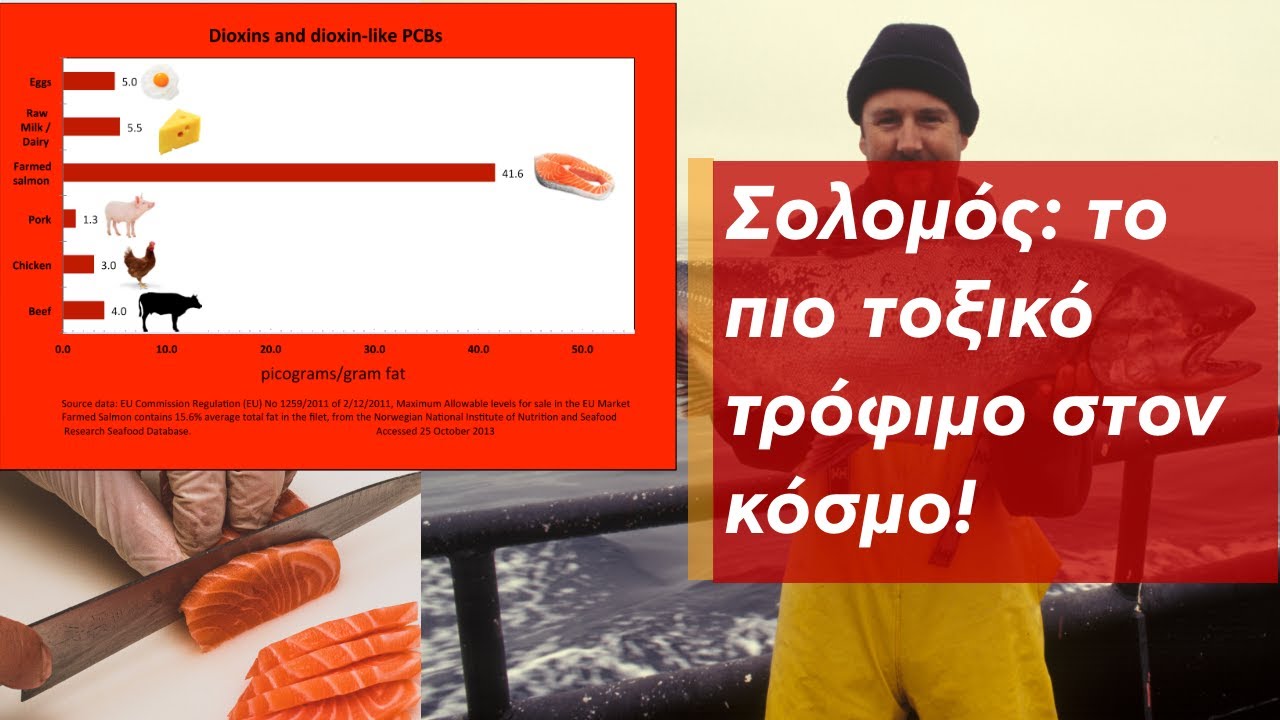
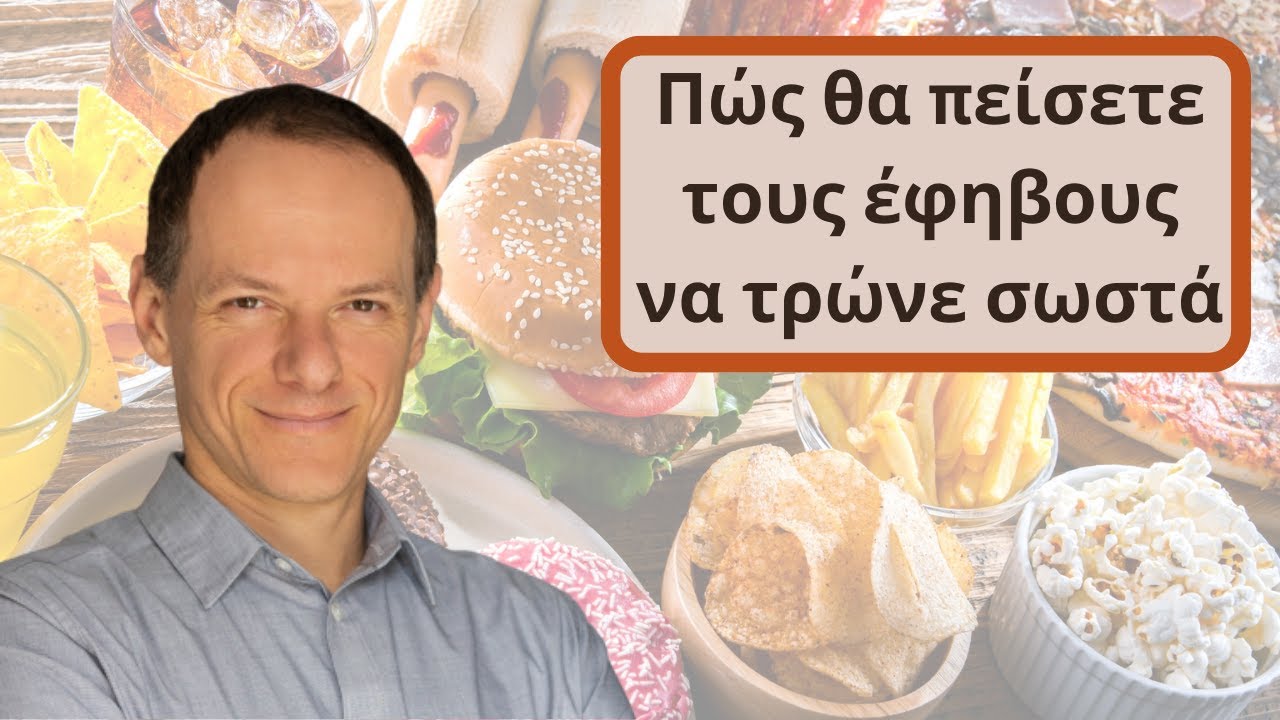



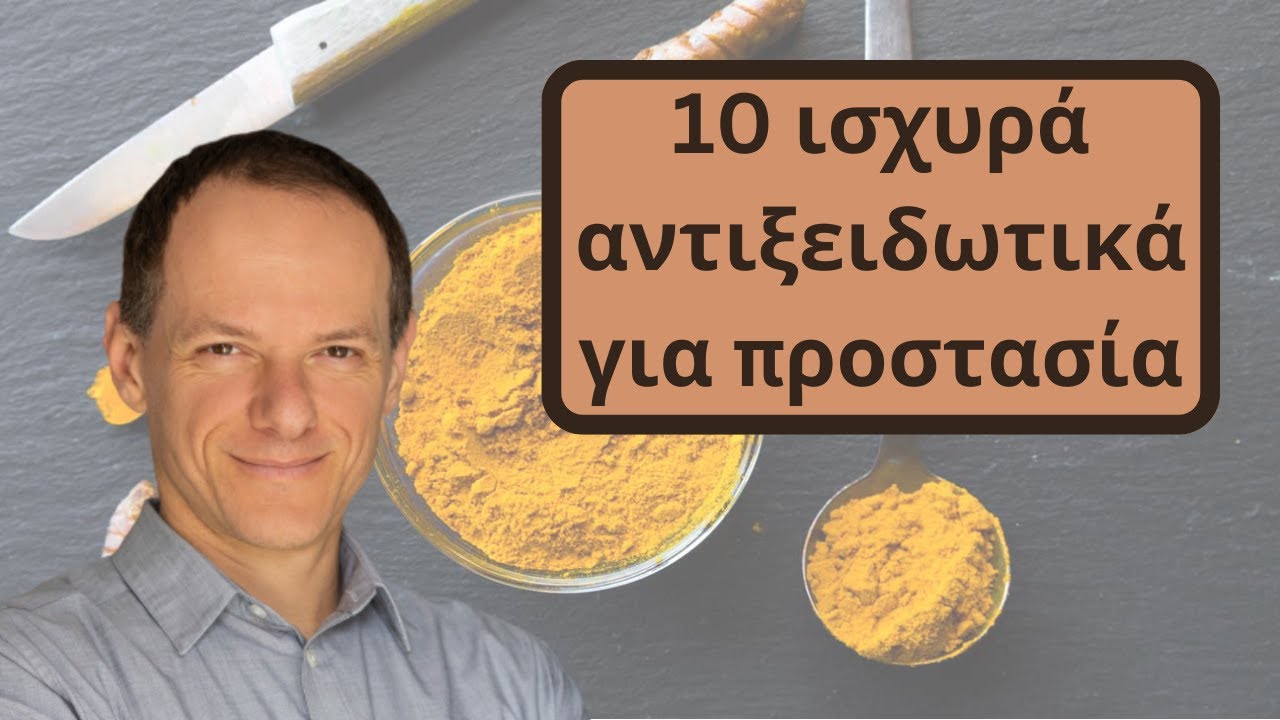
0 Σχόλια